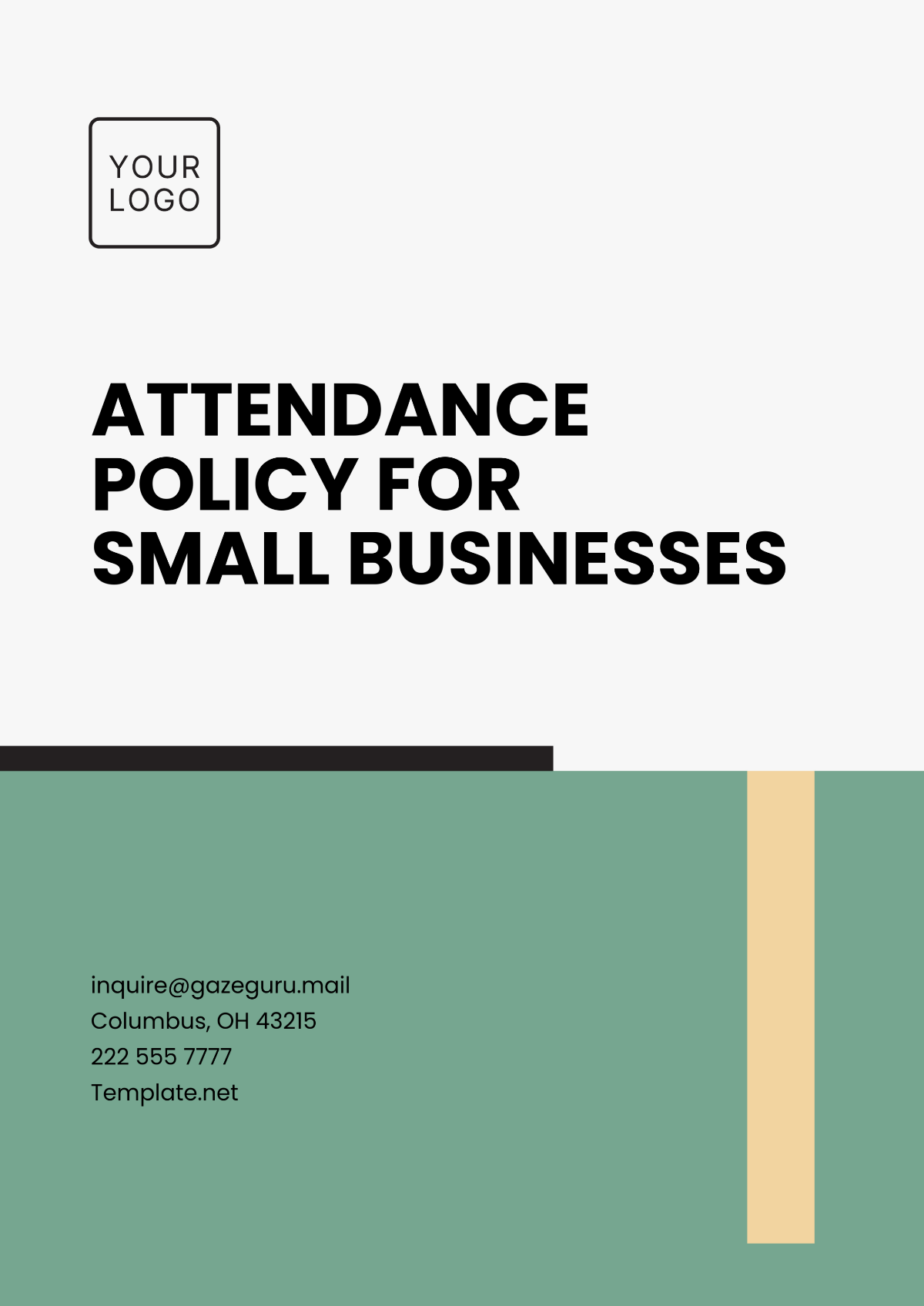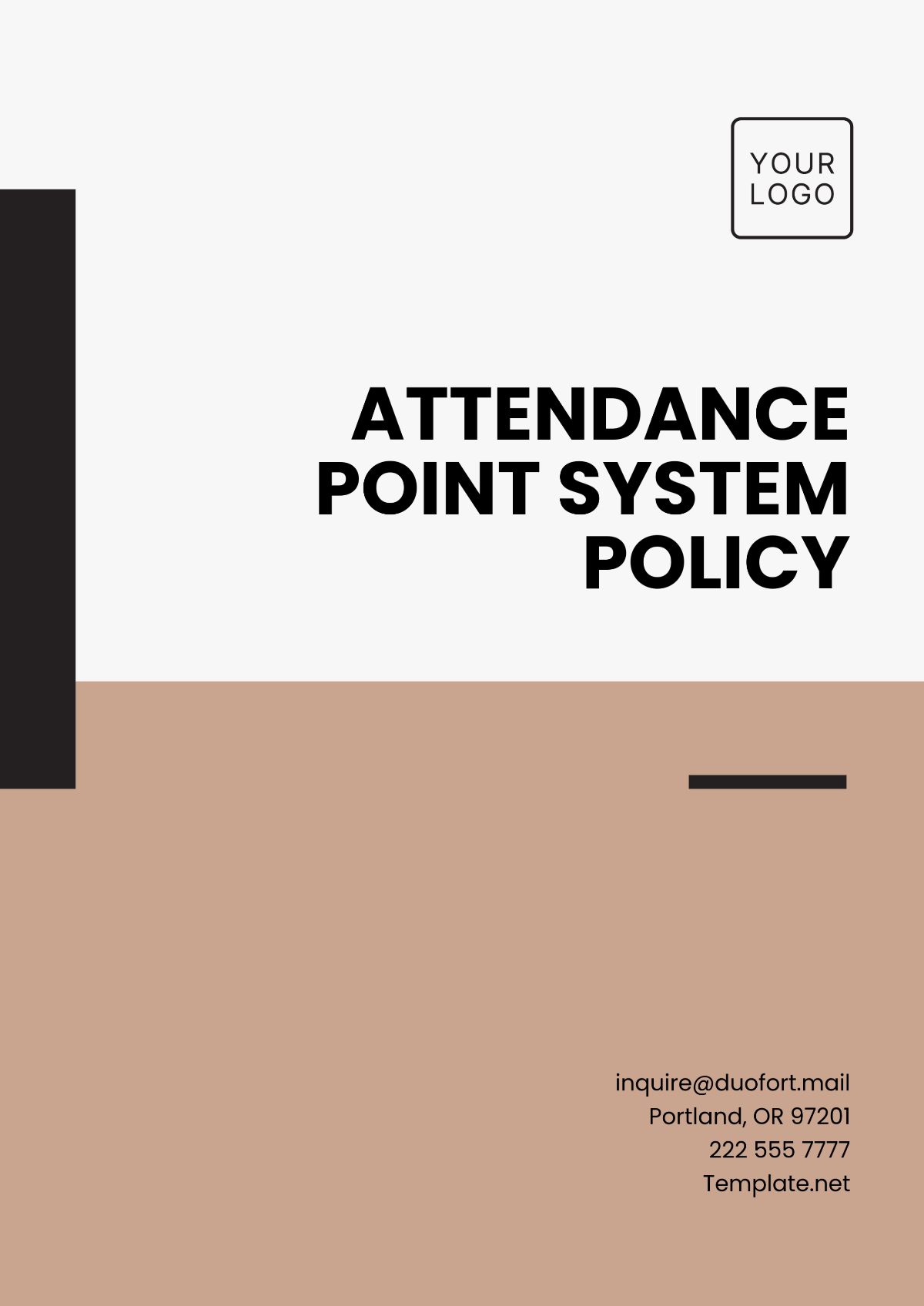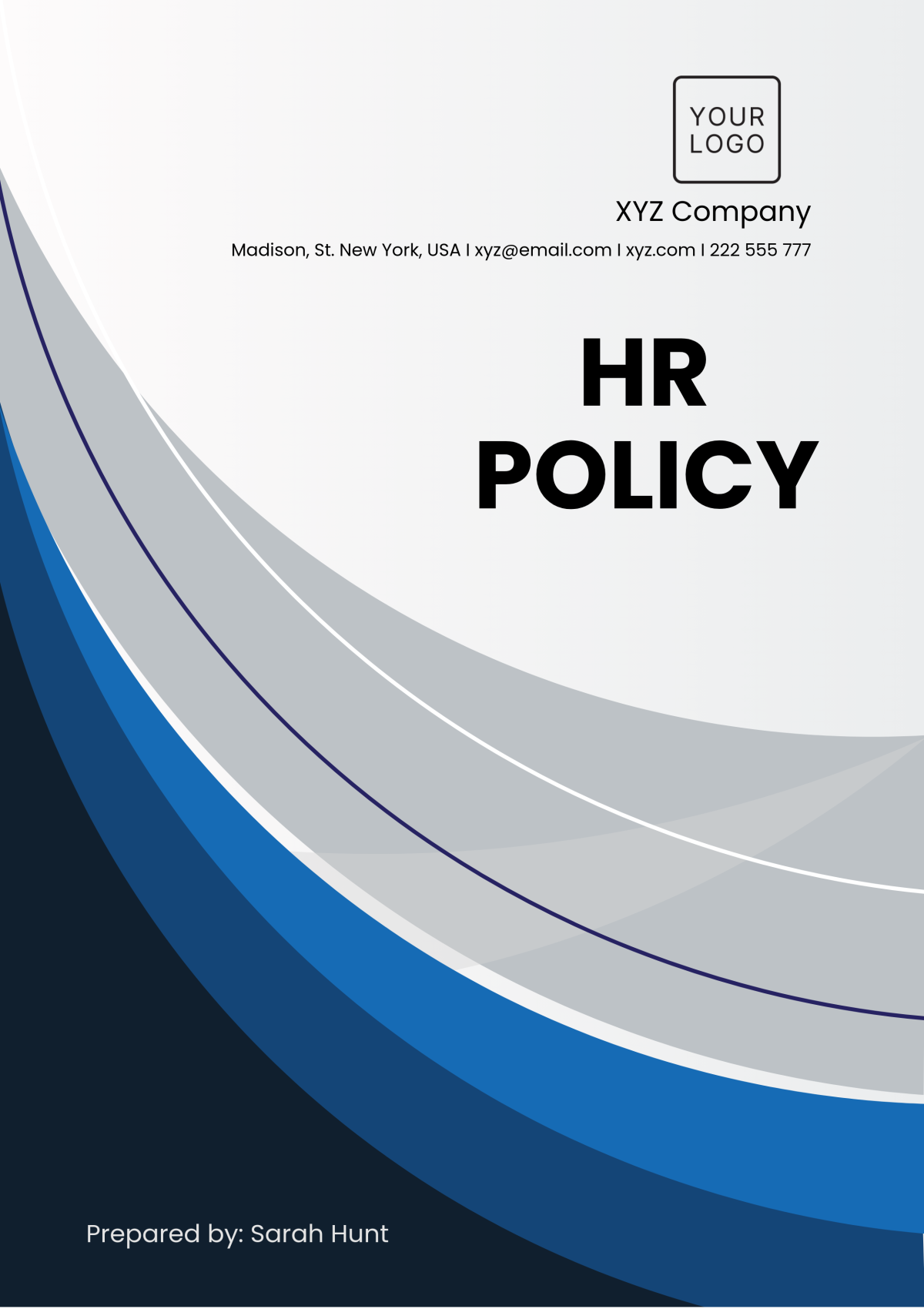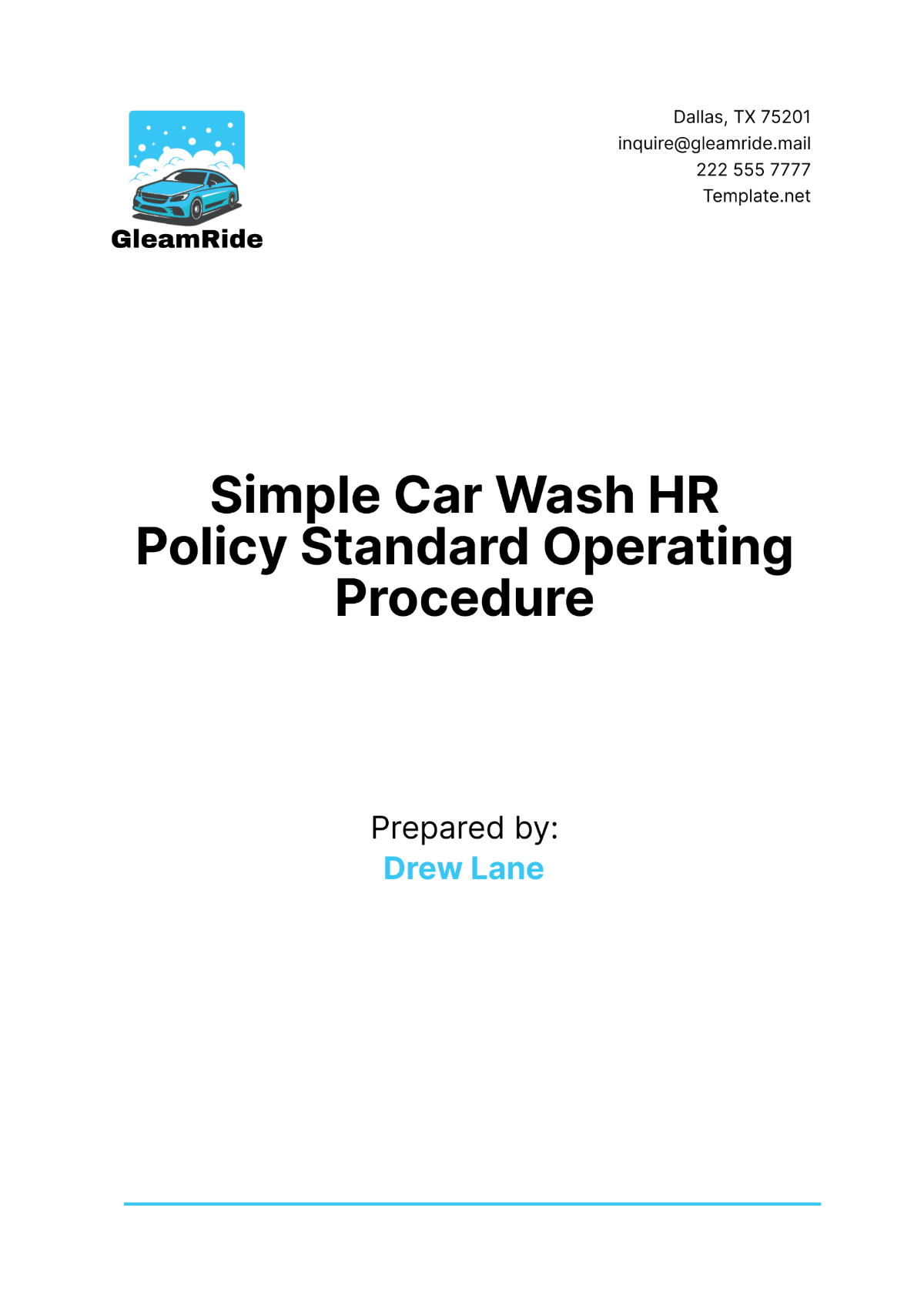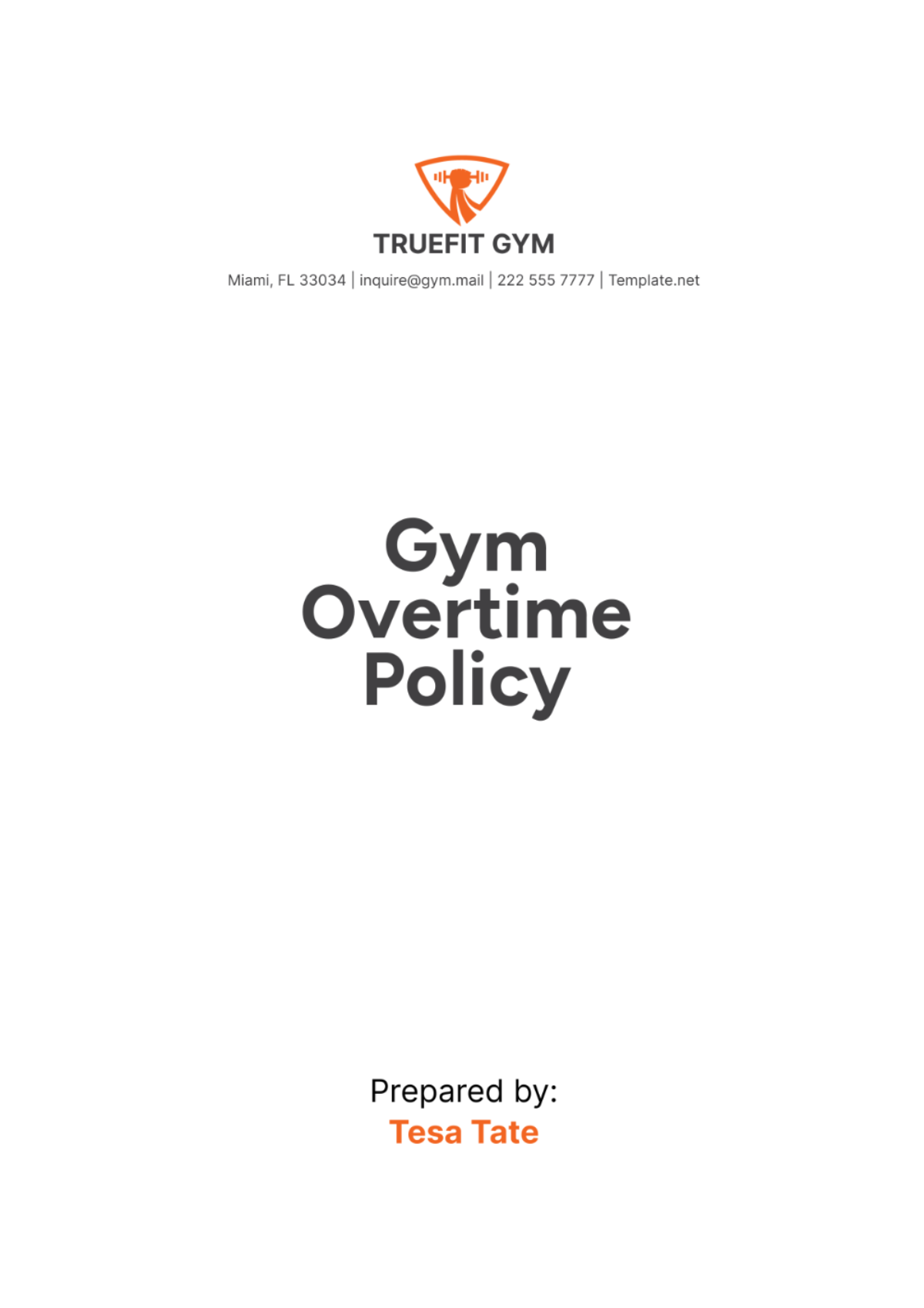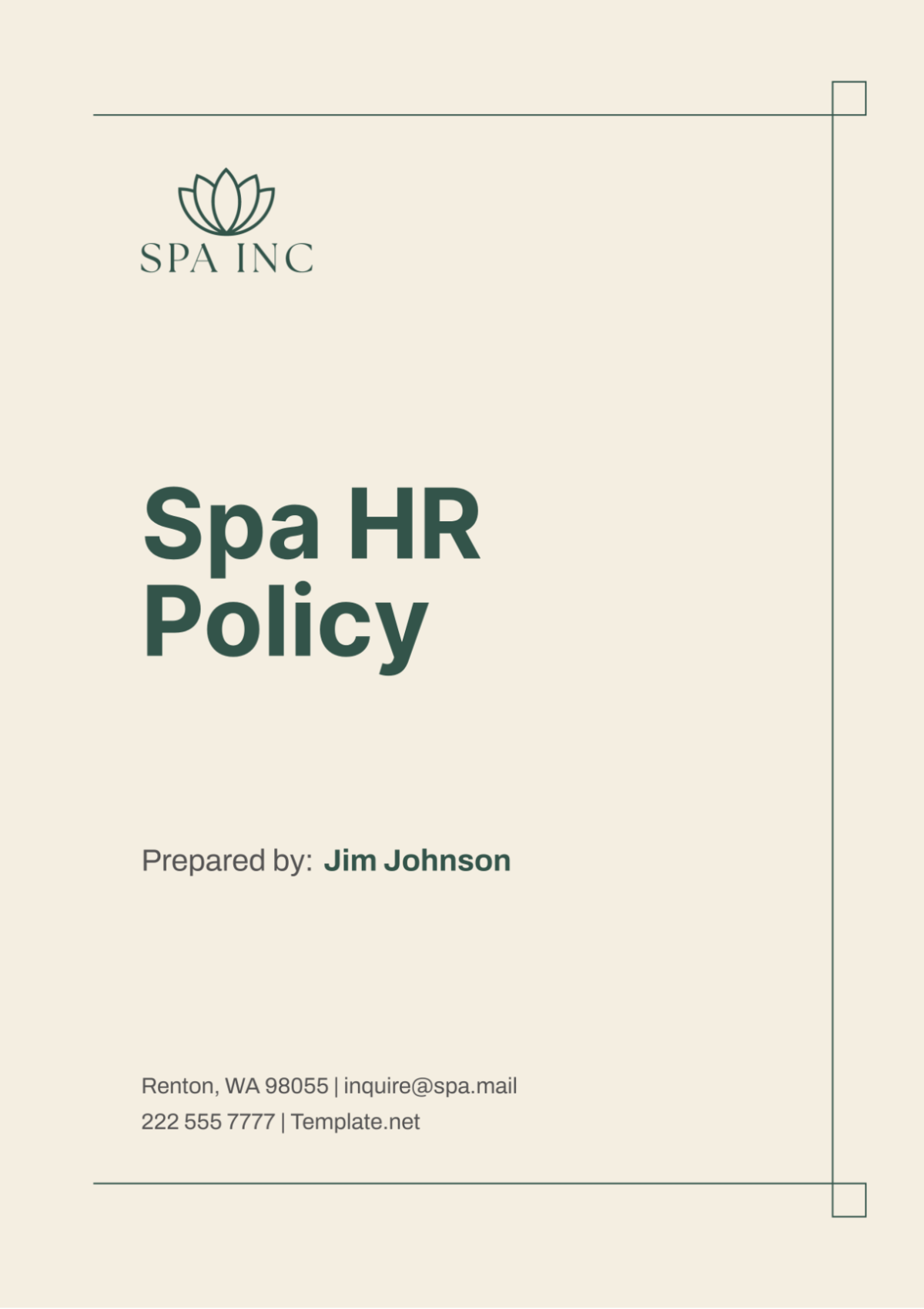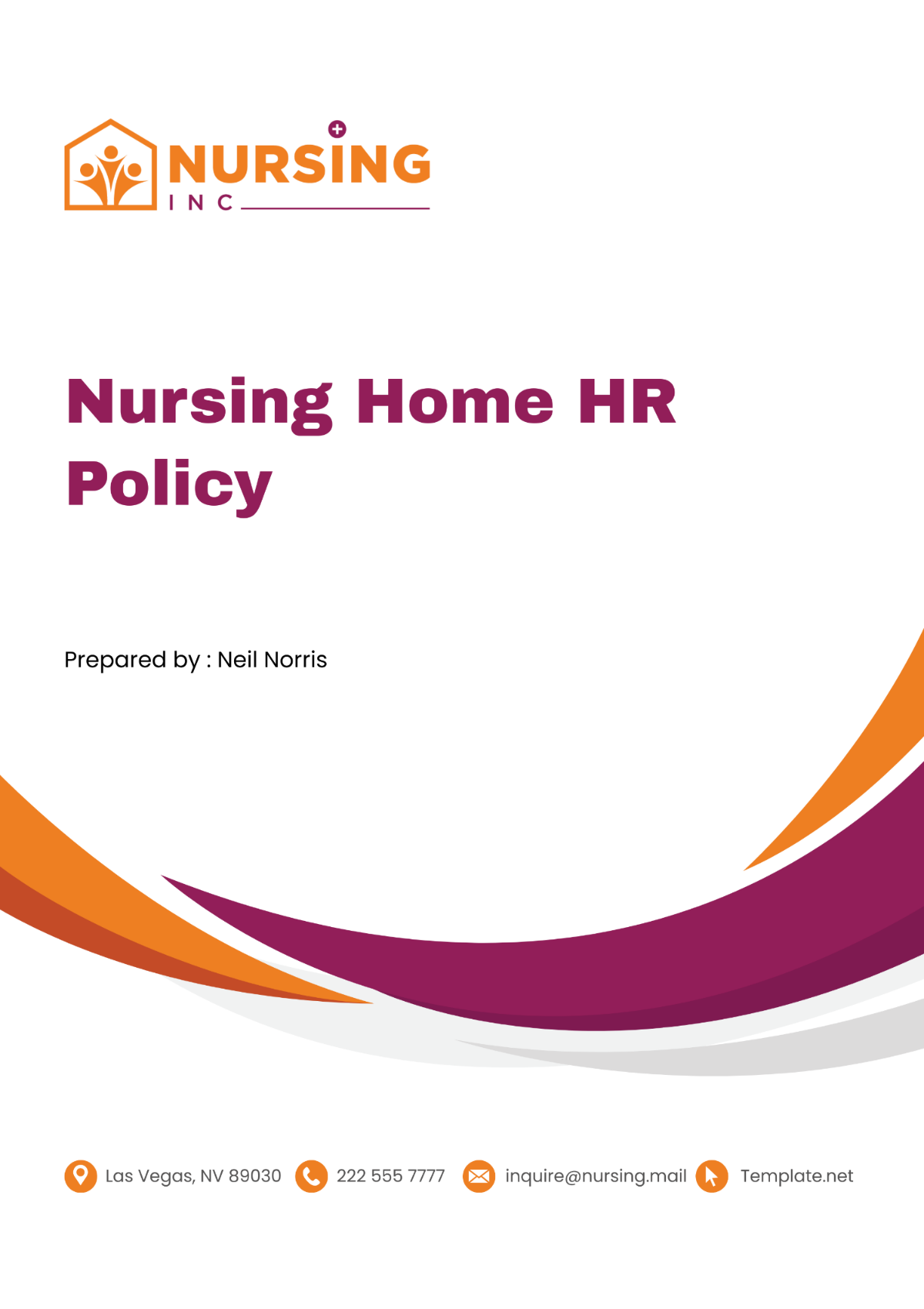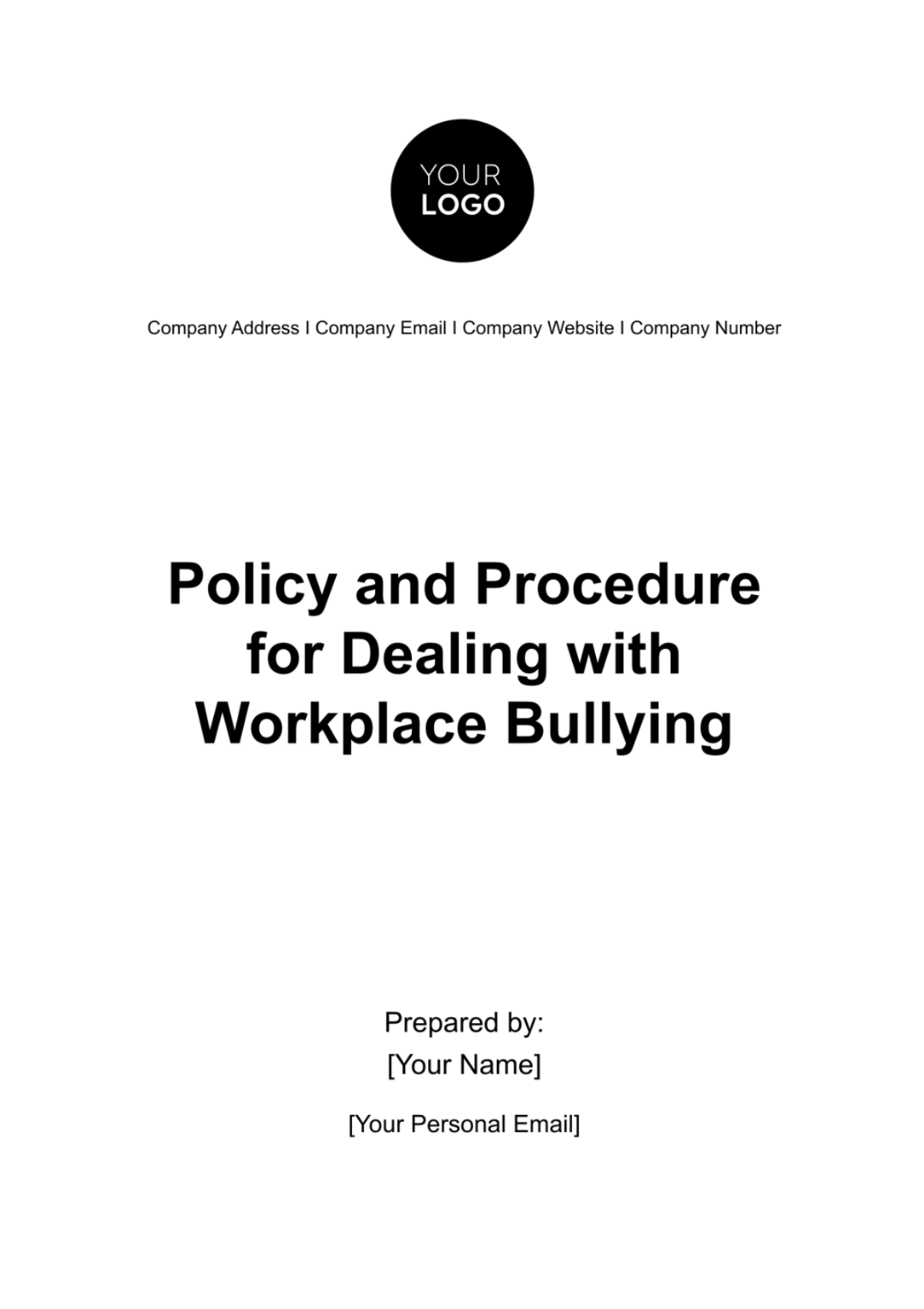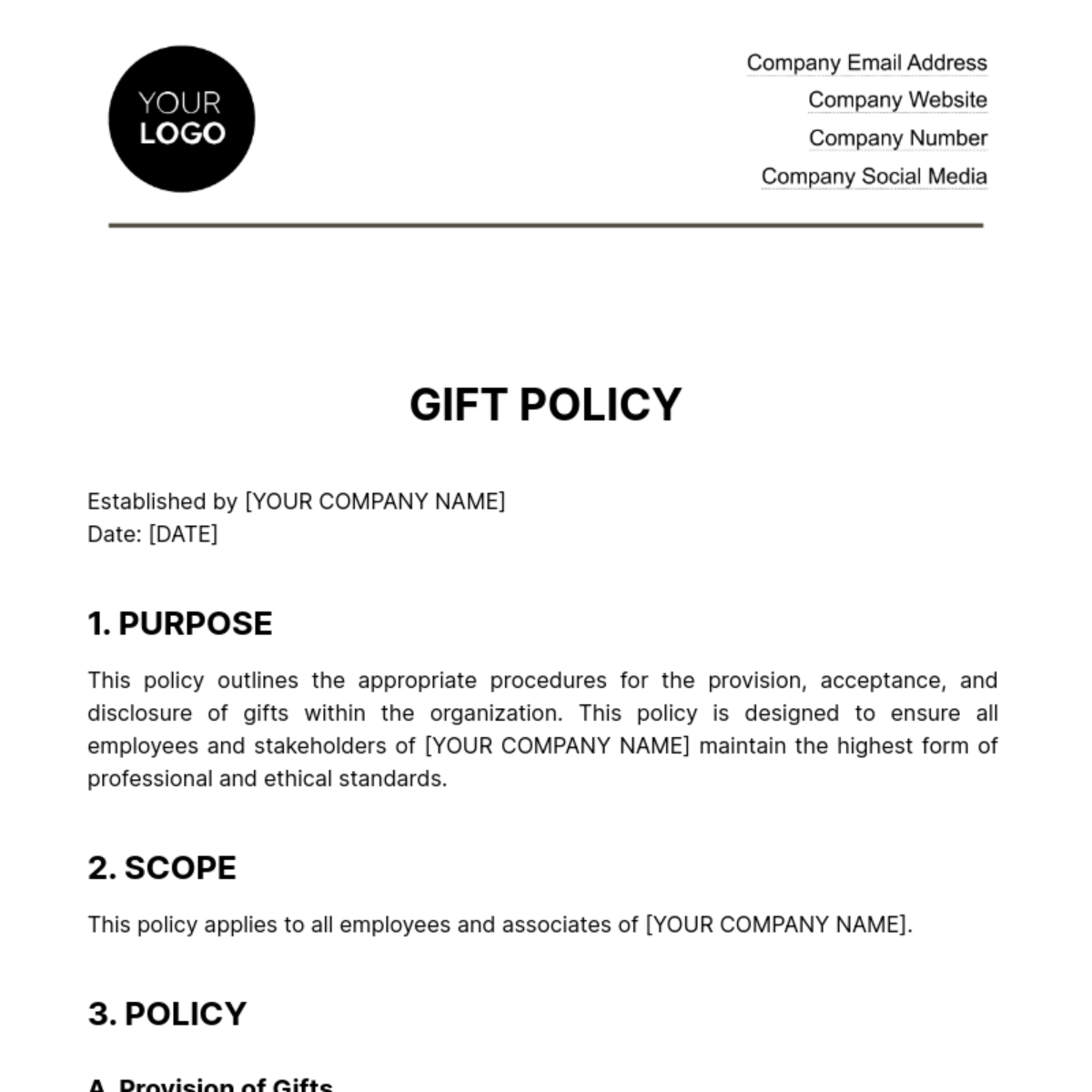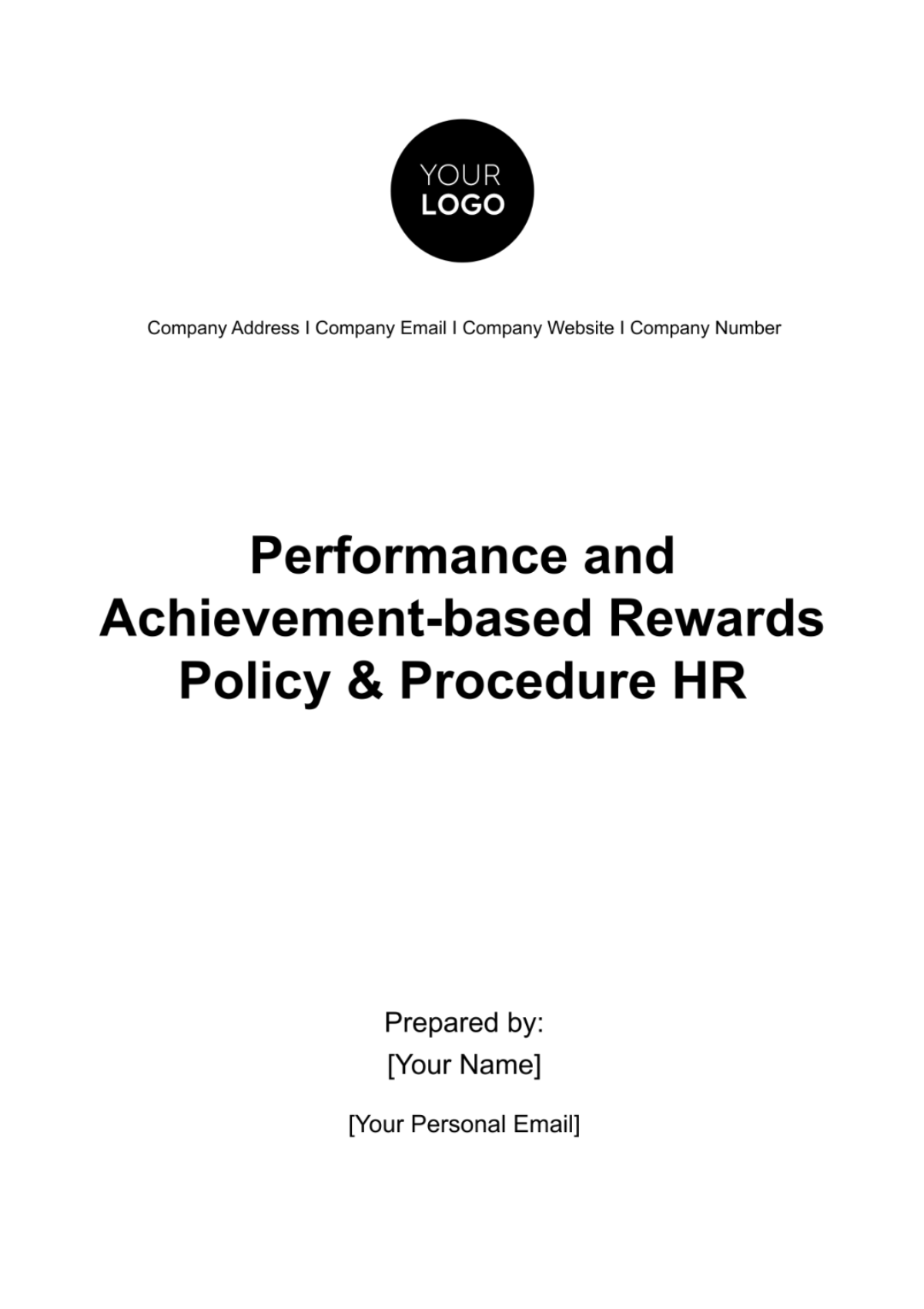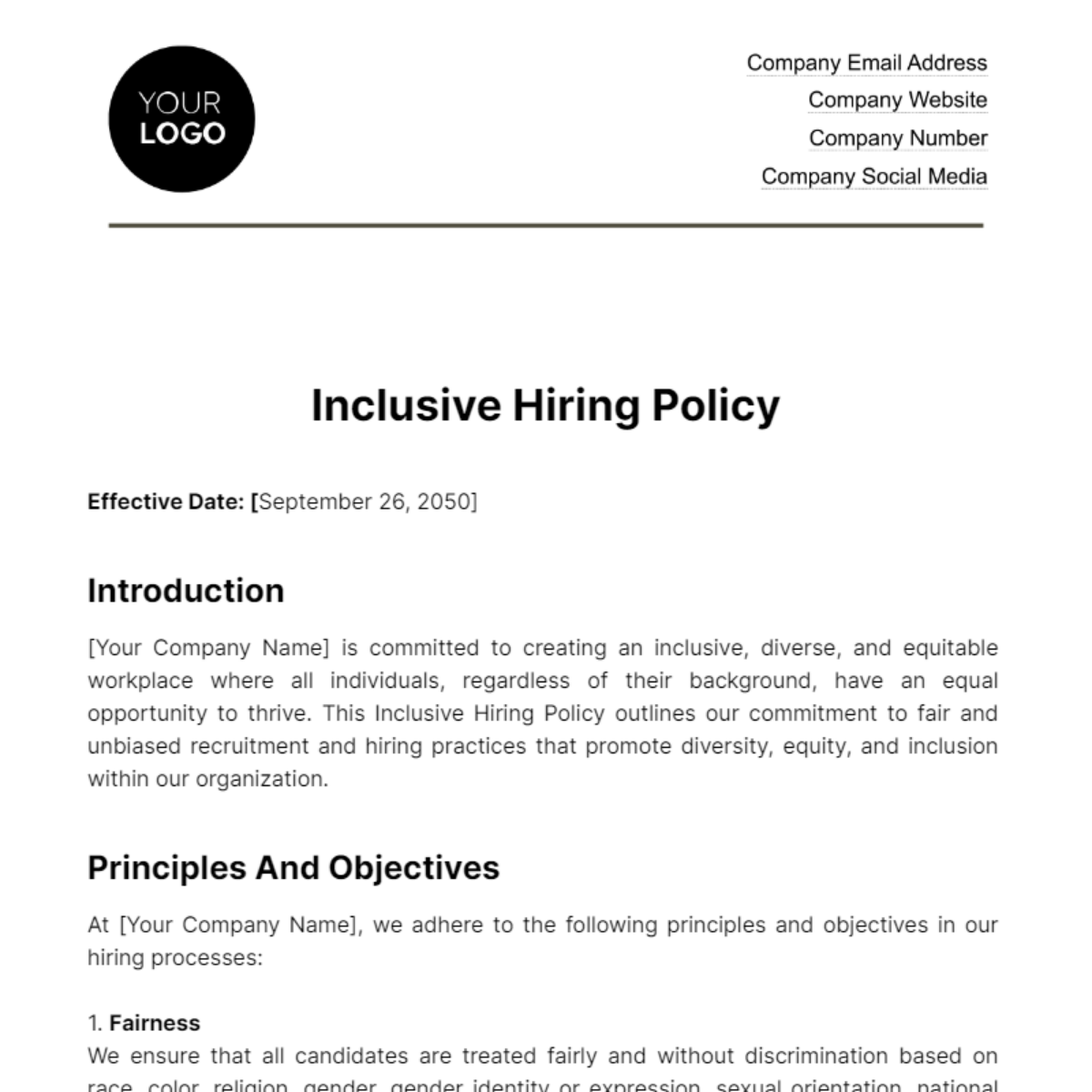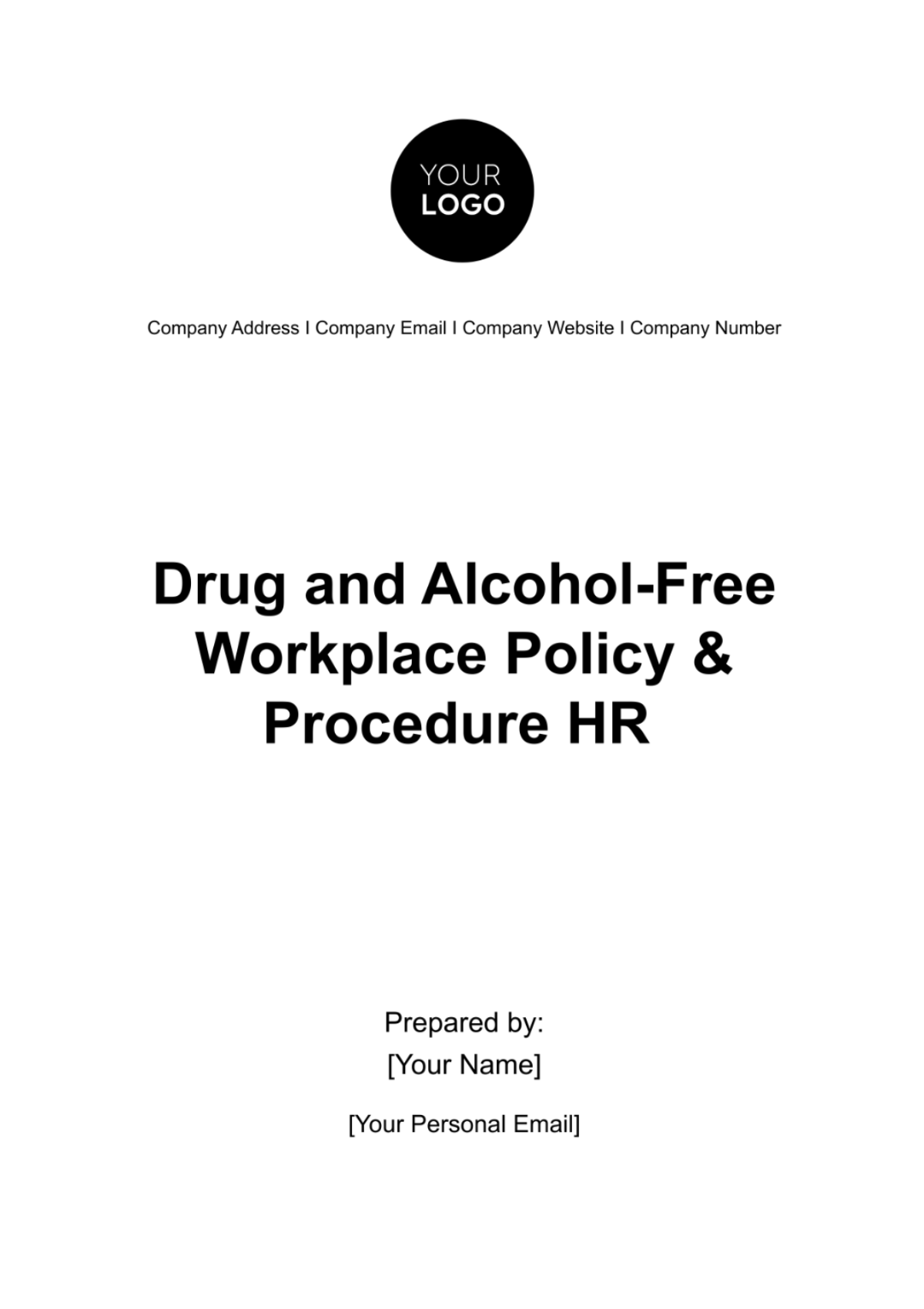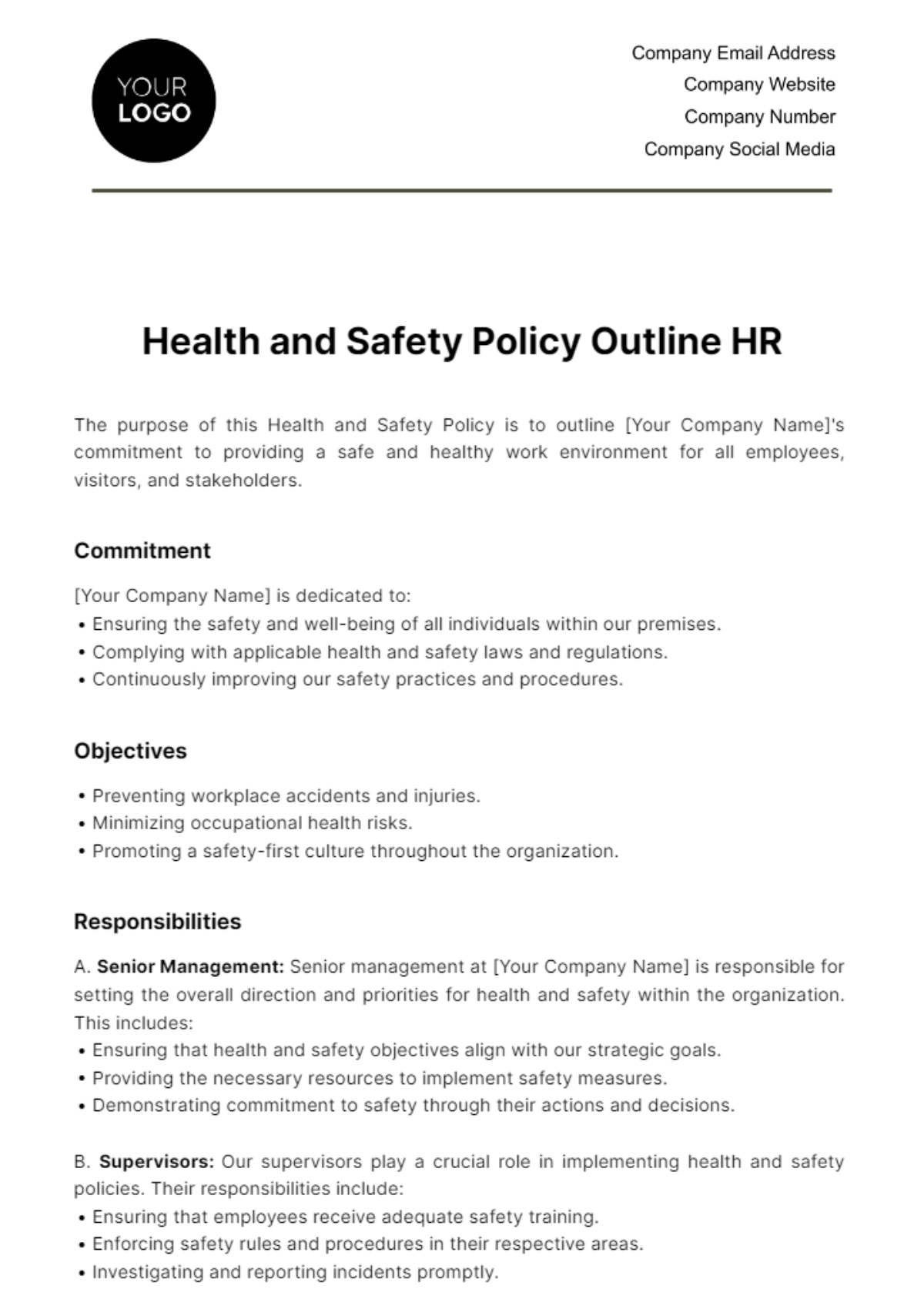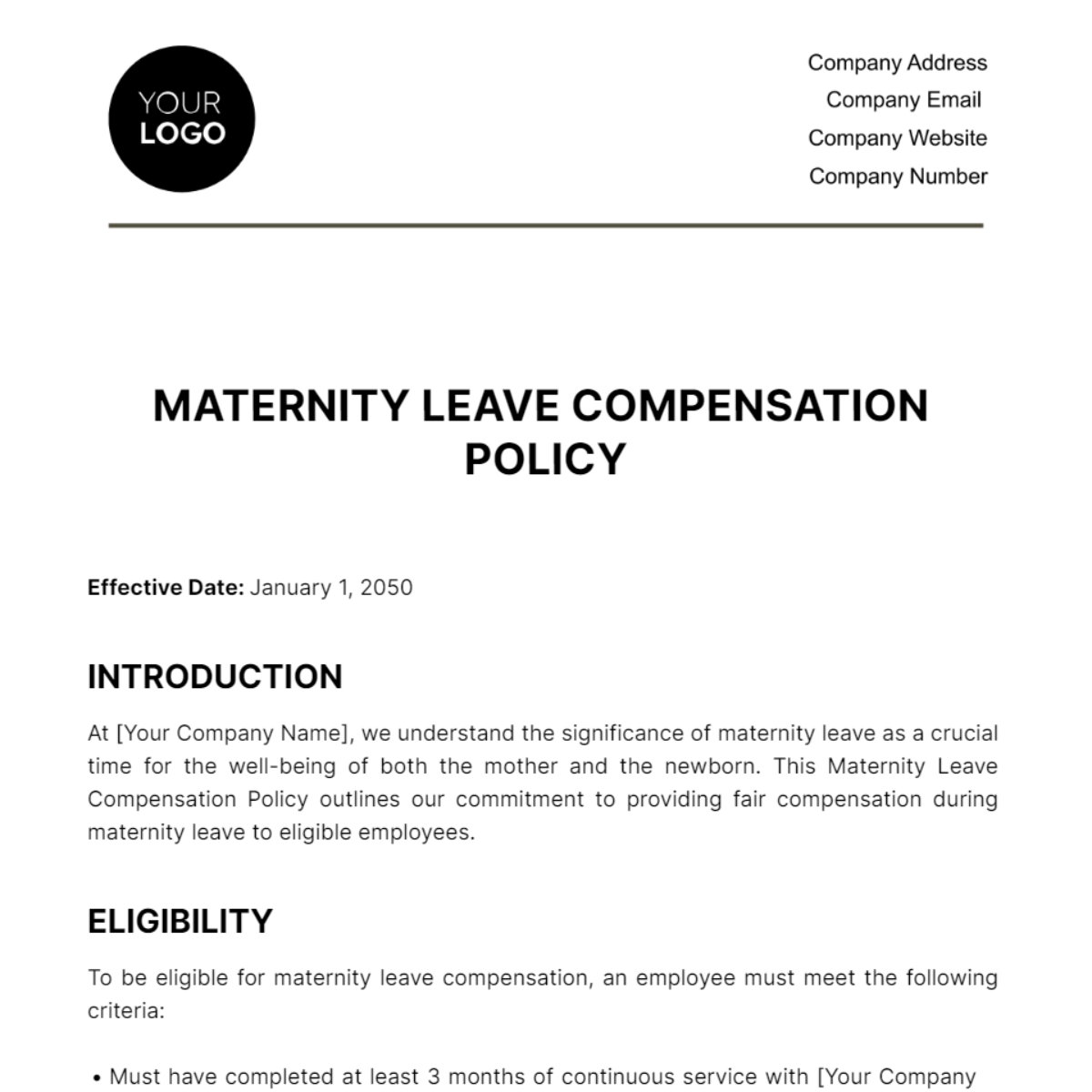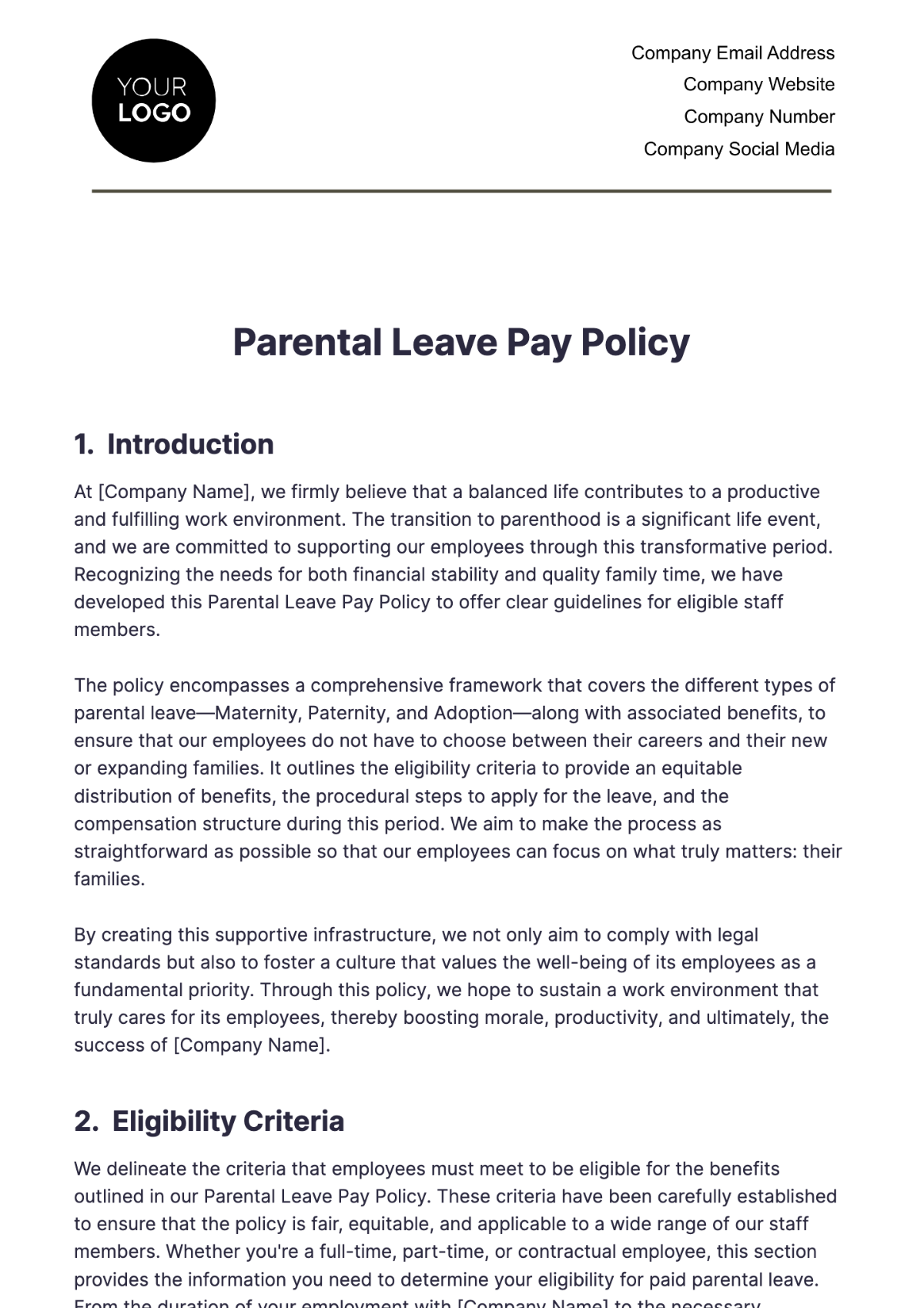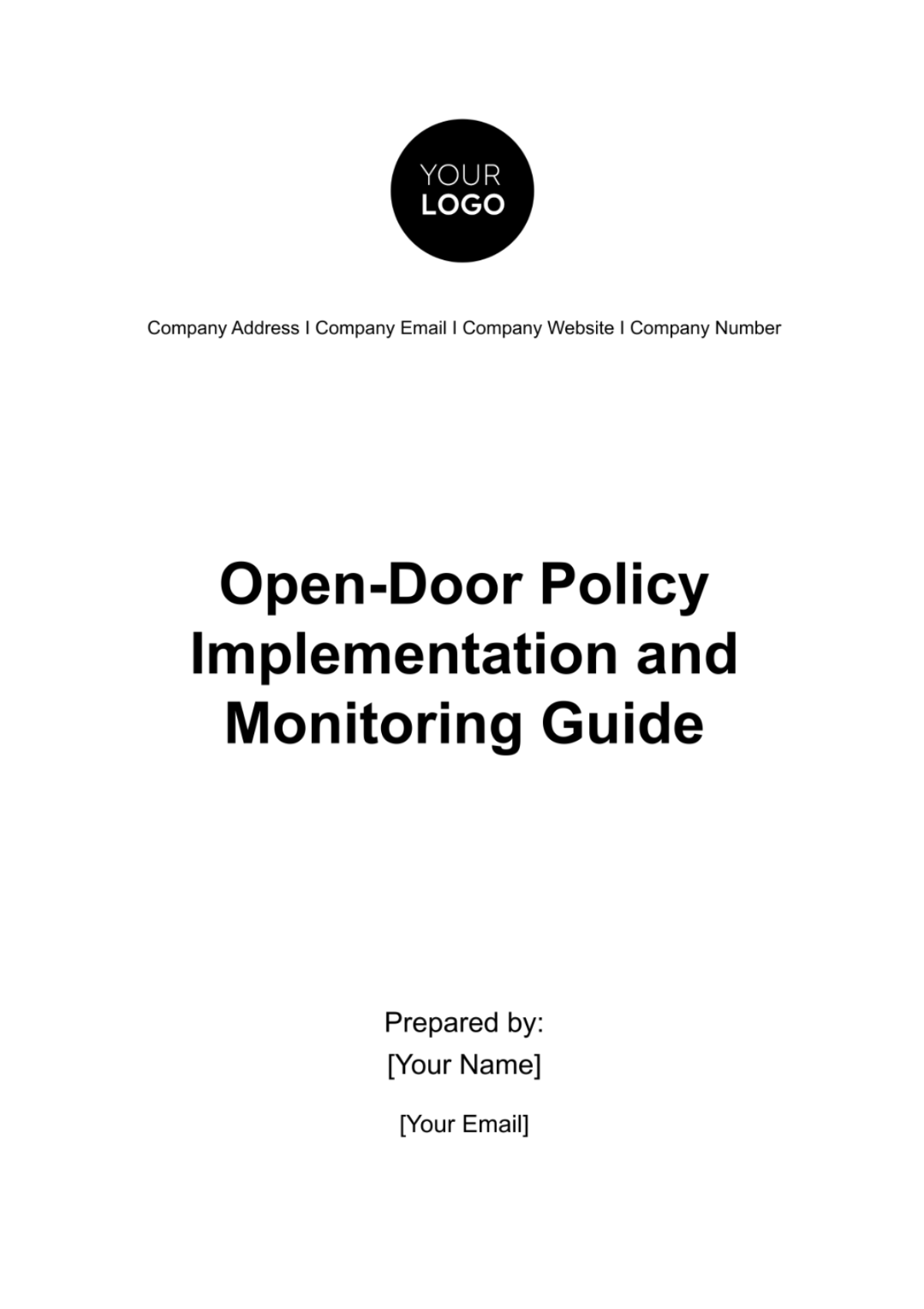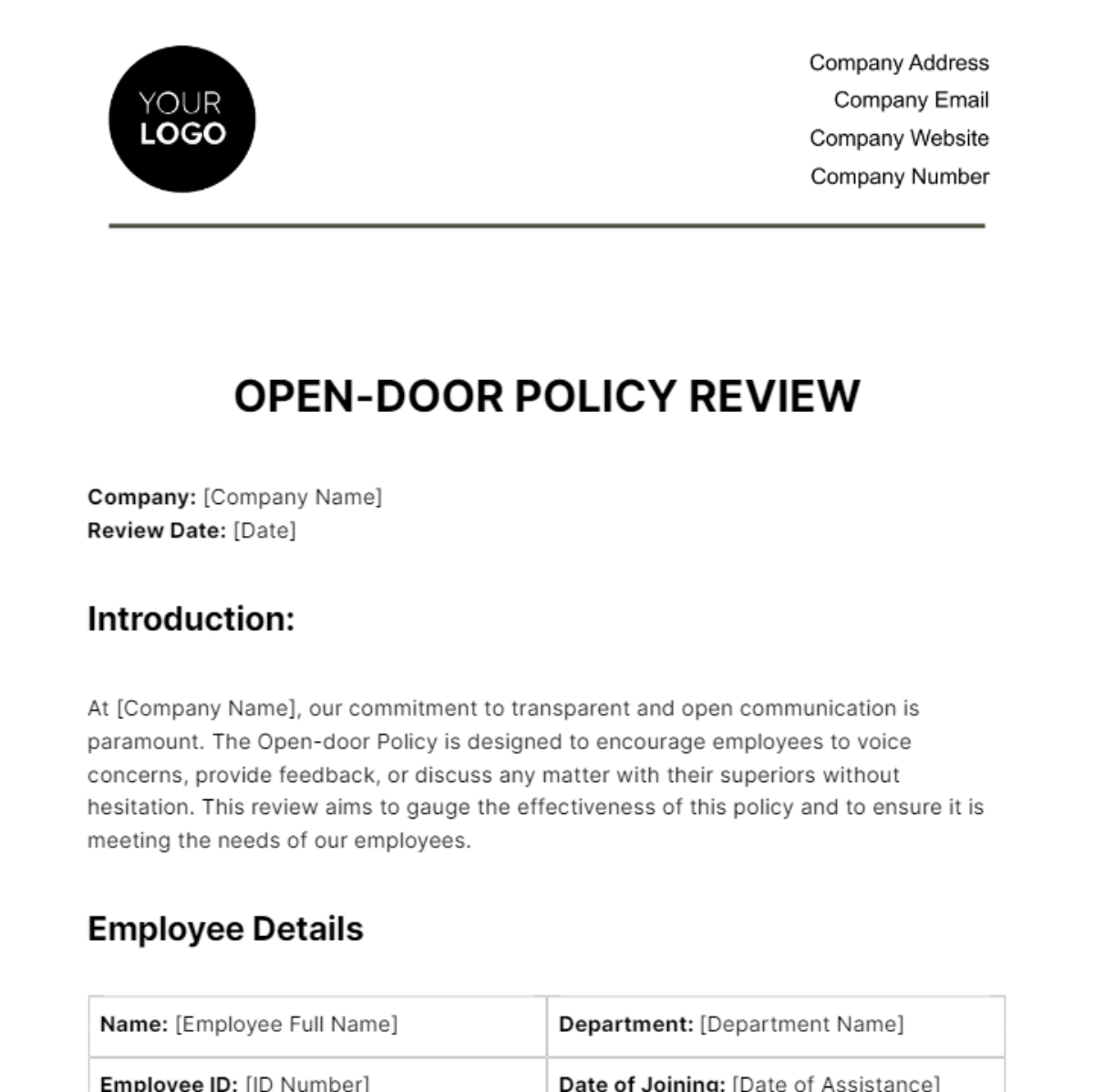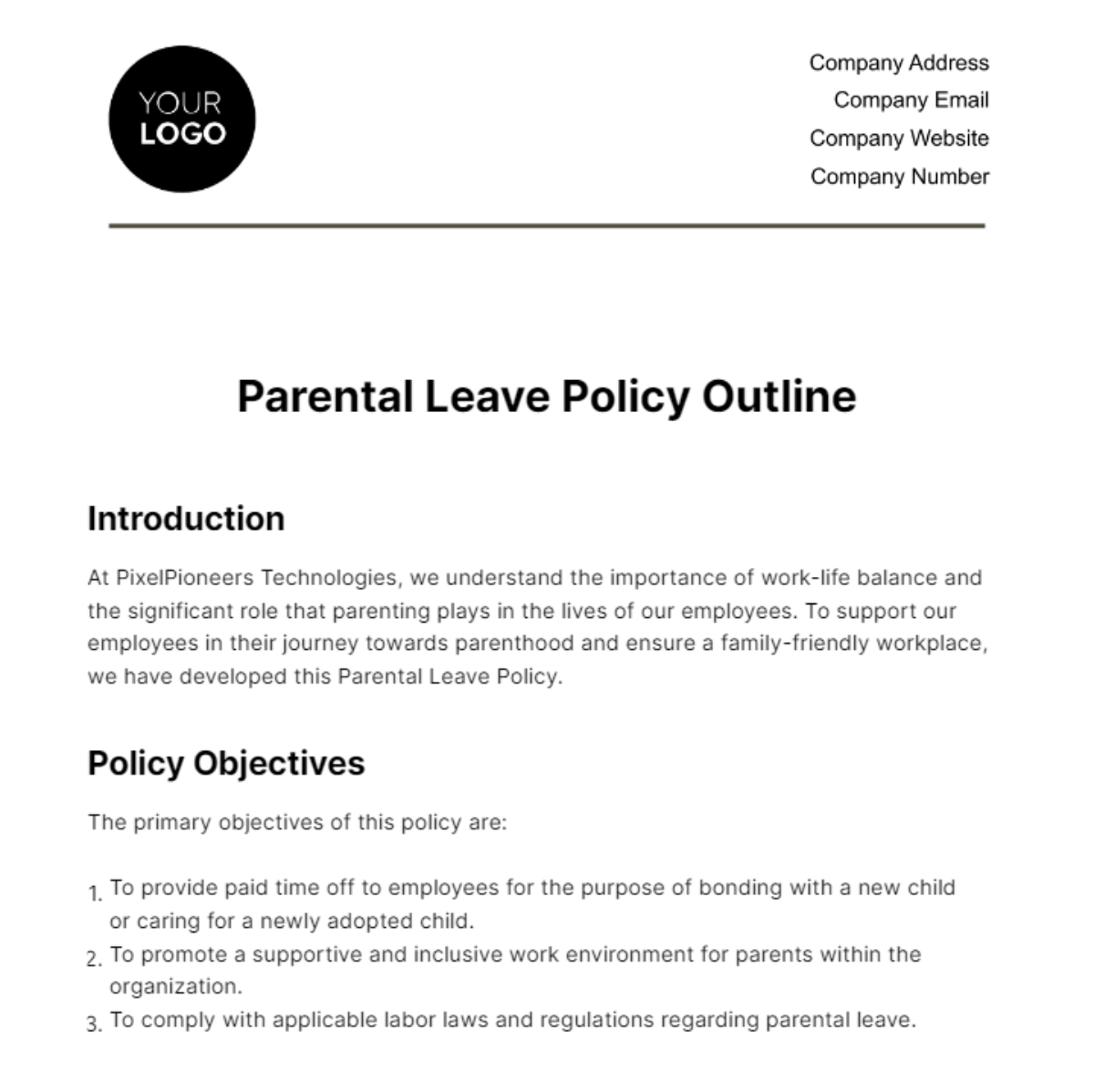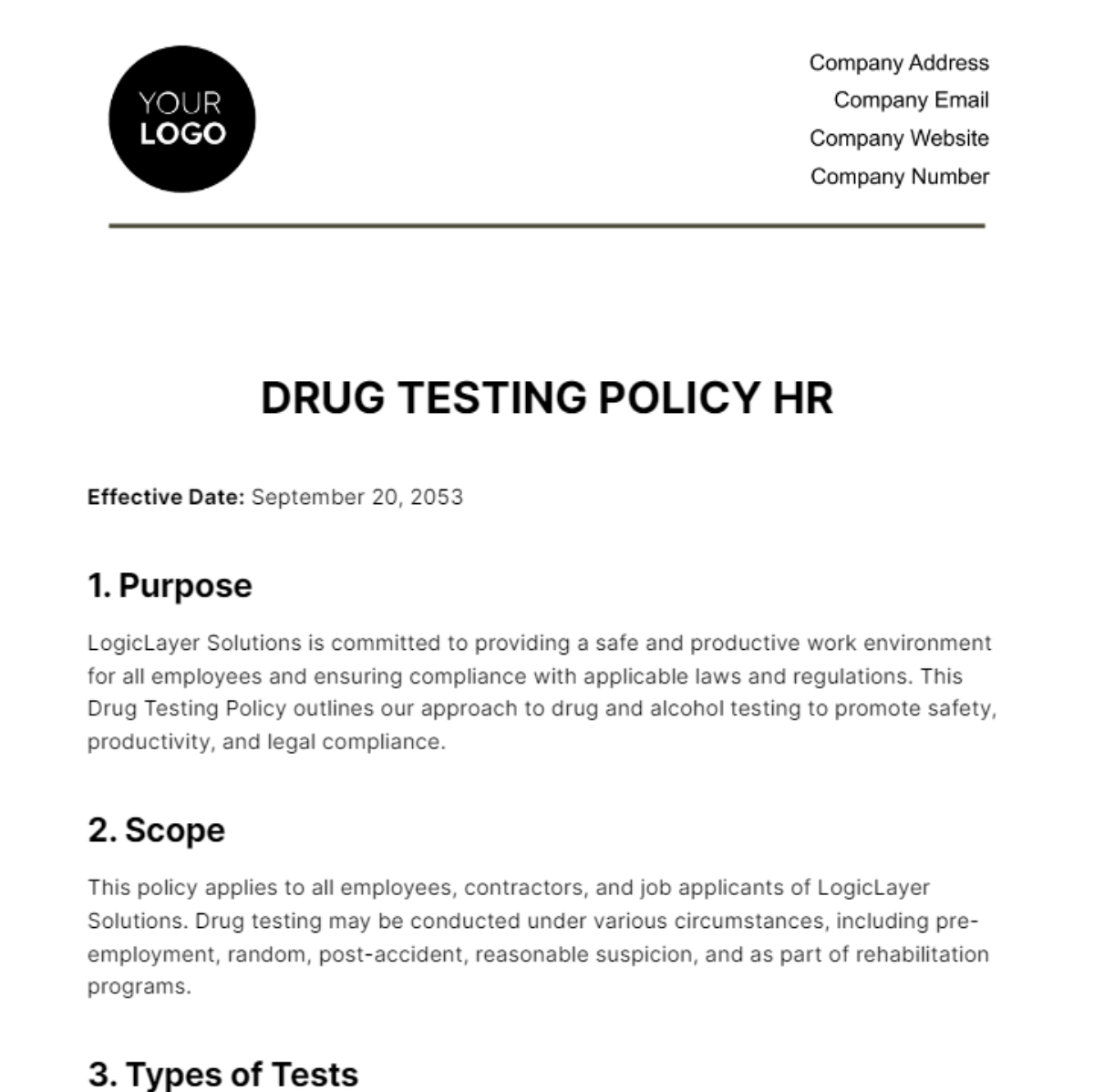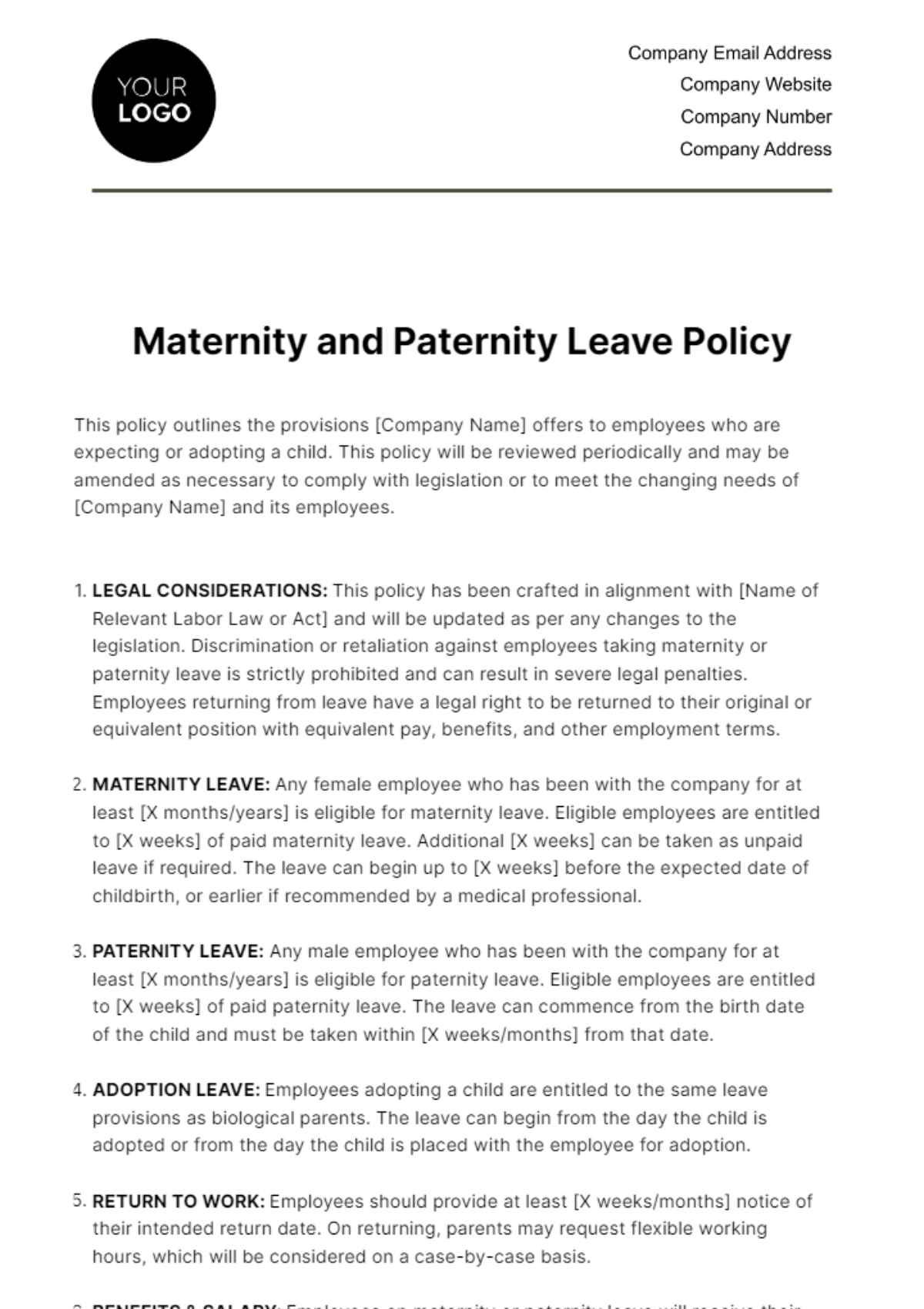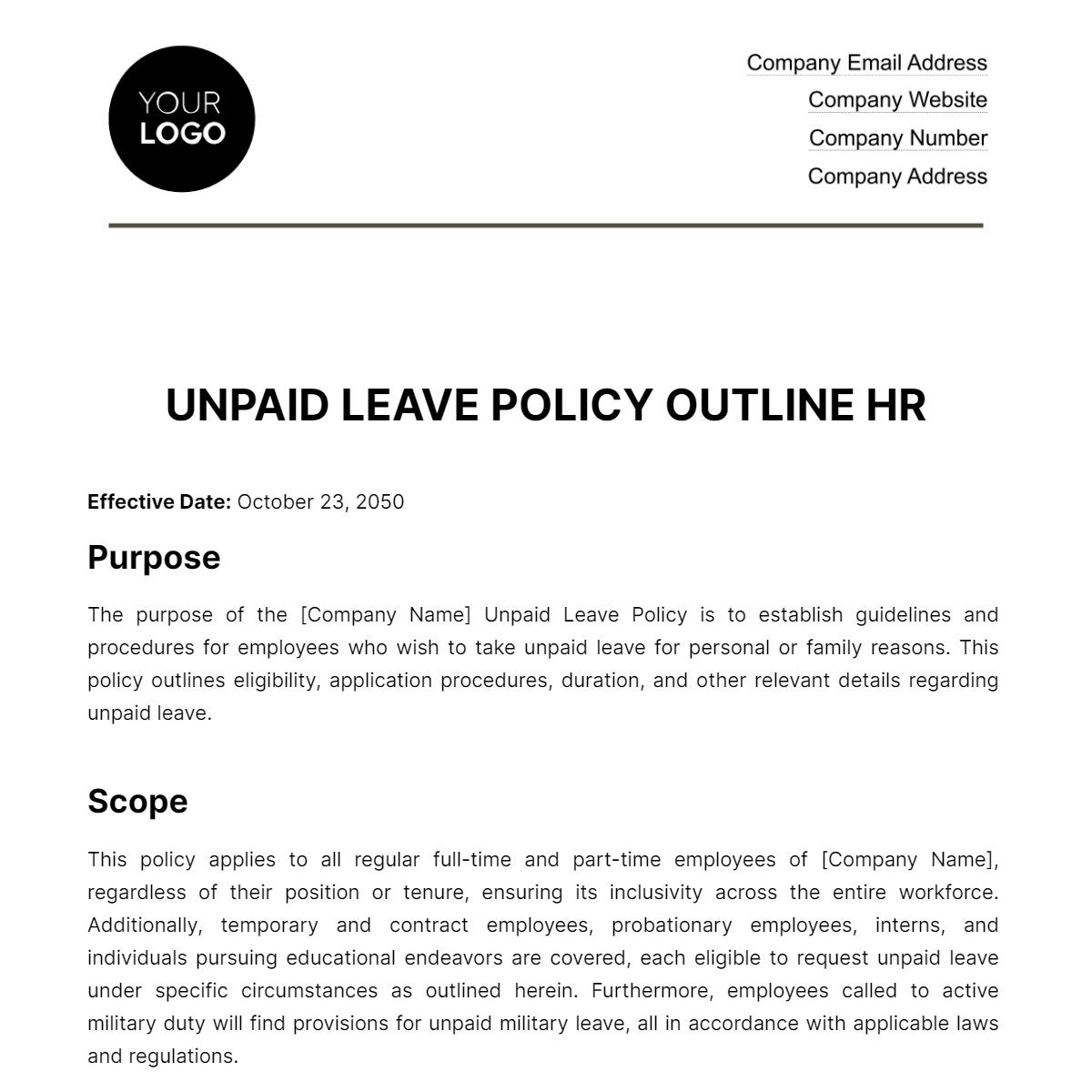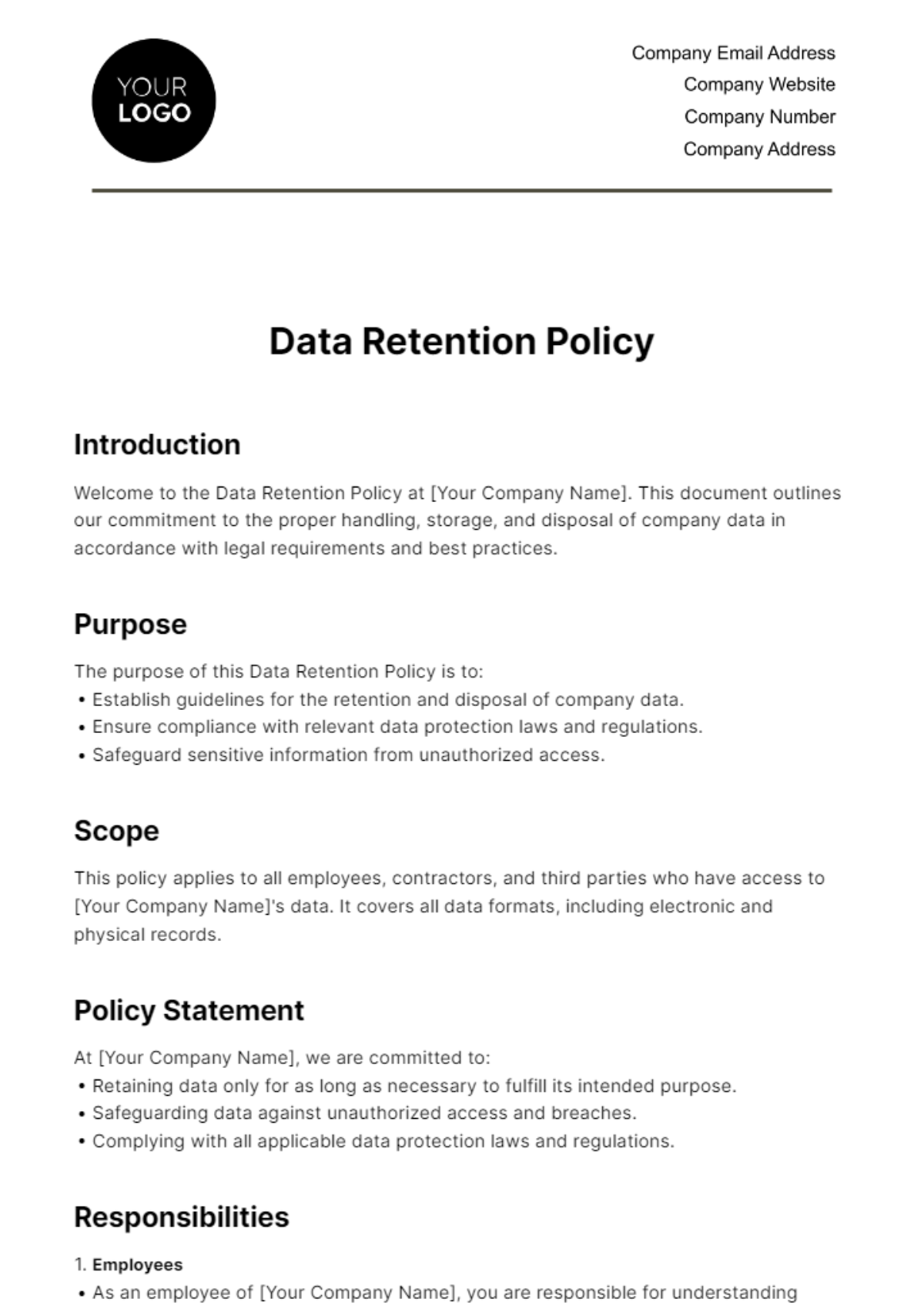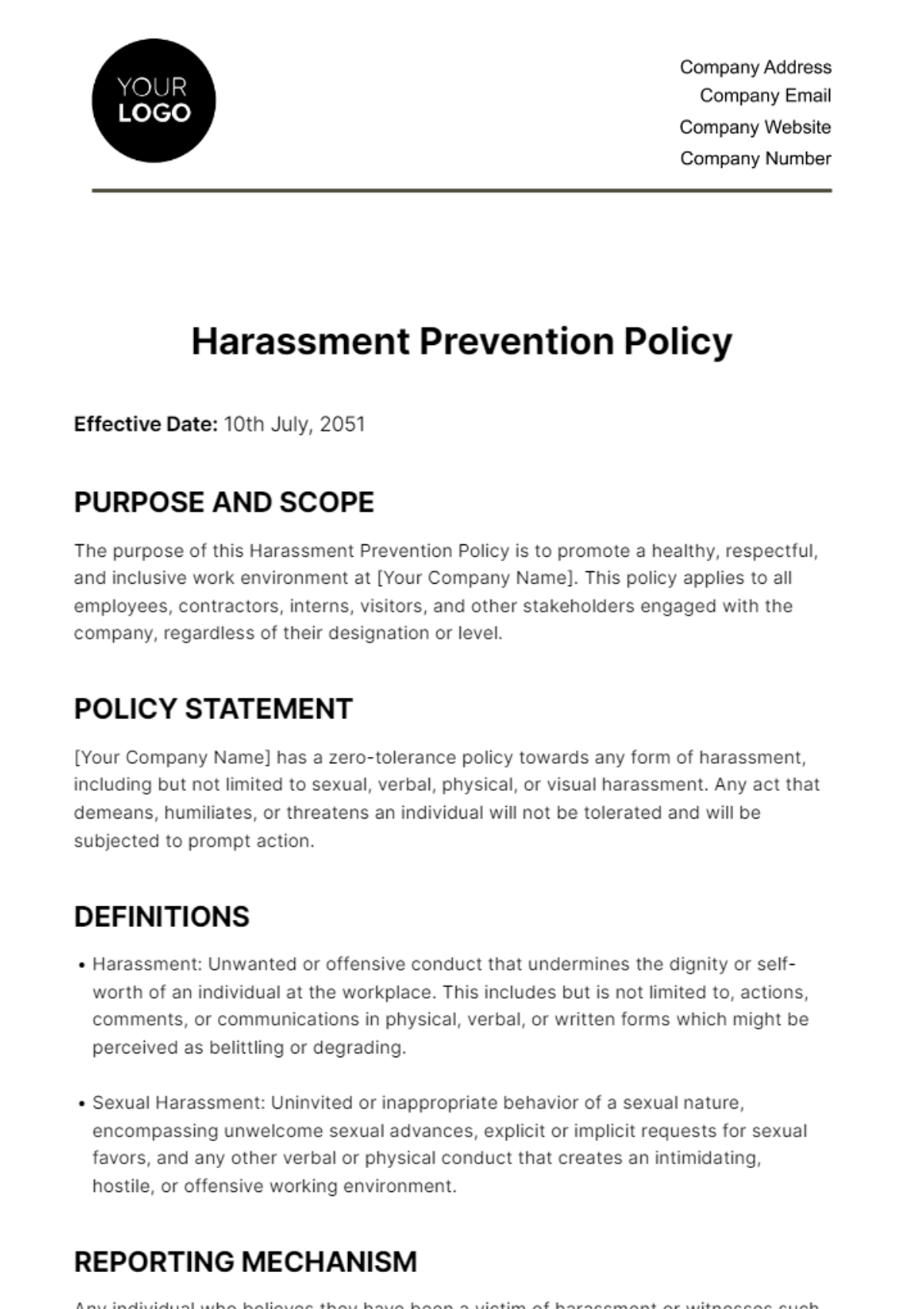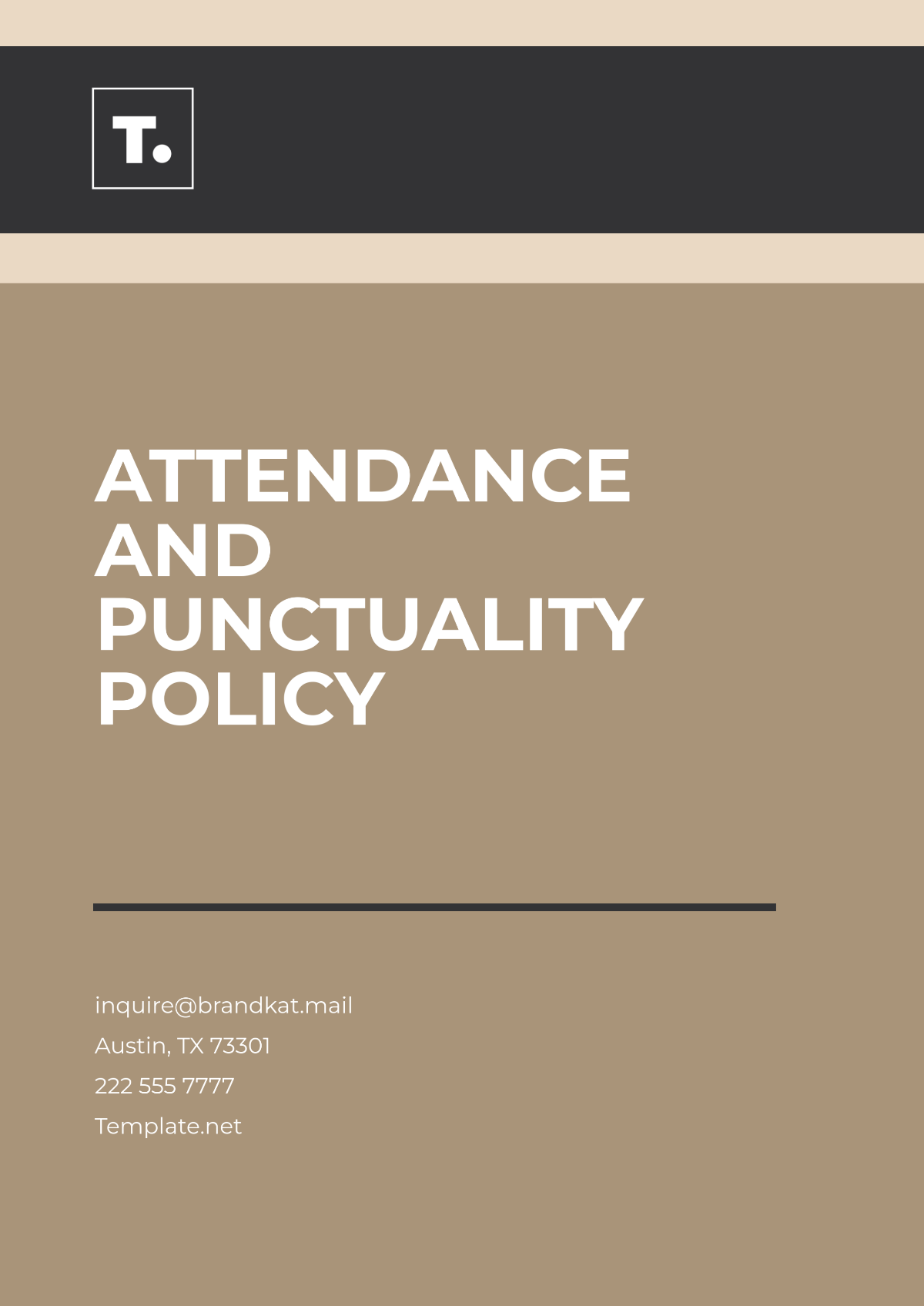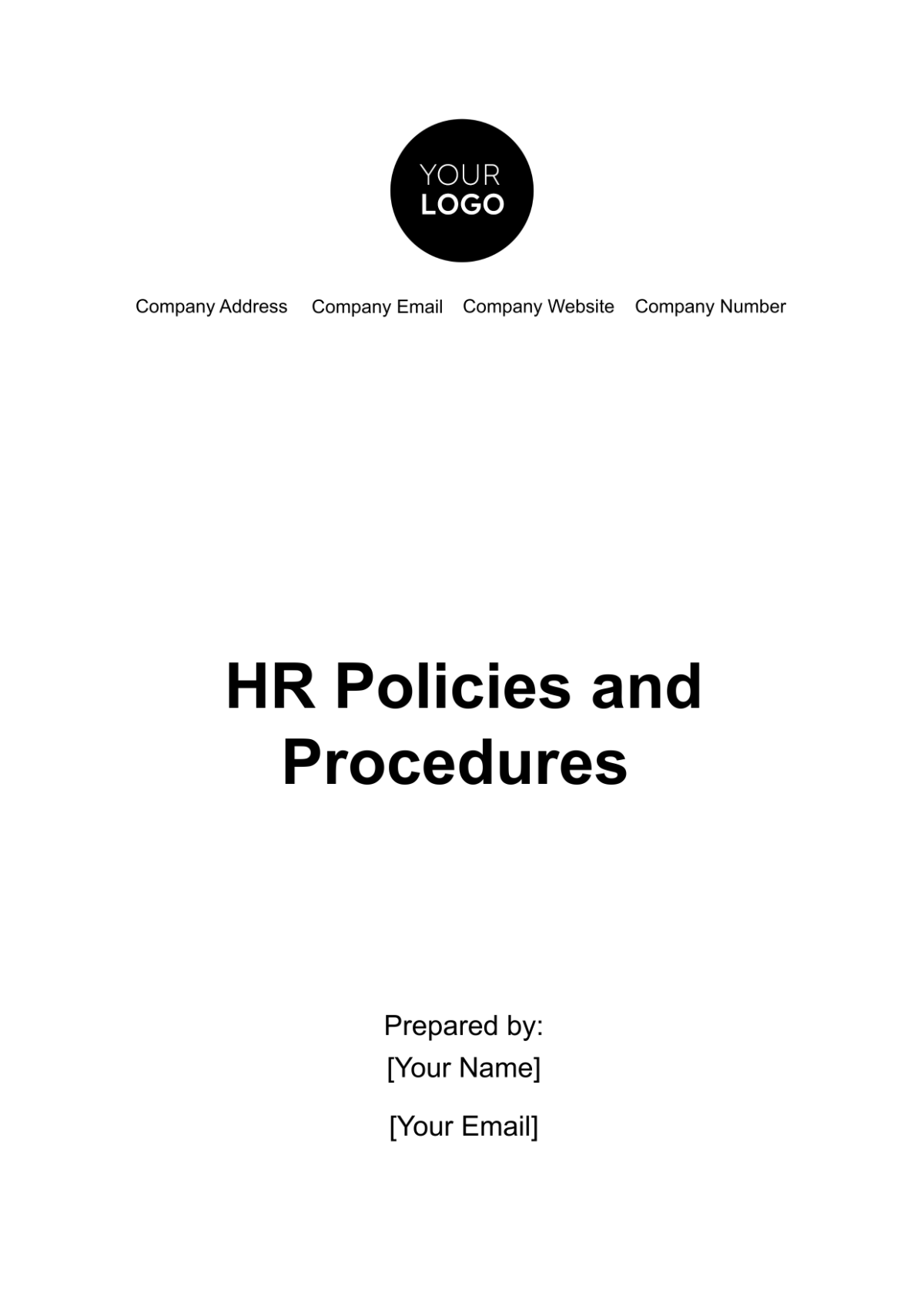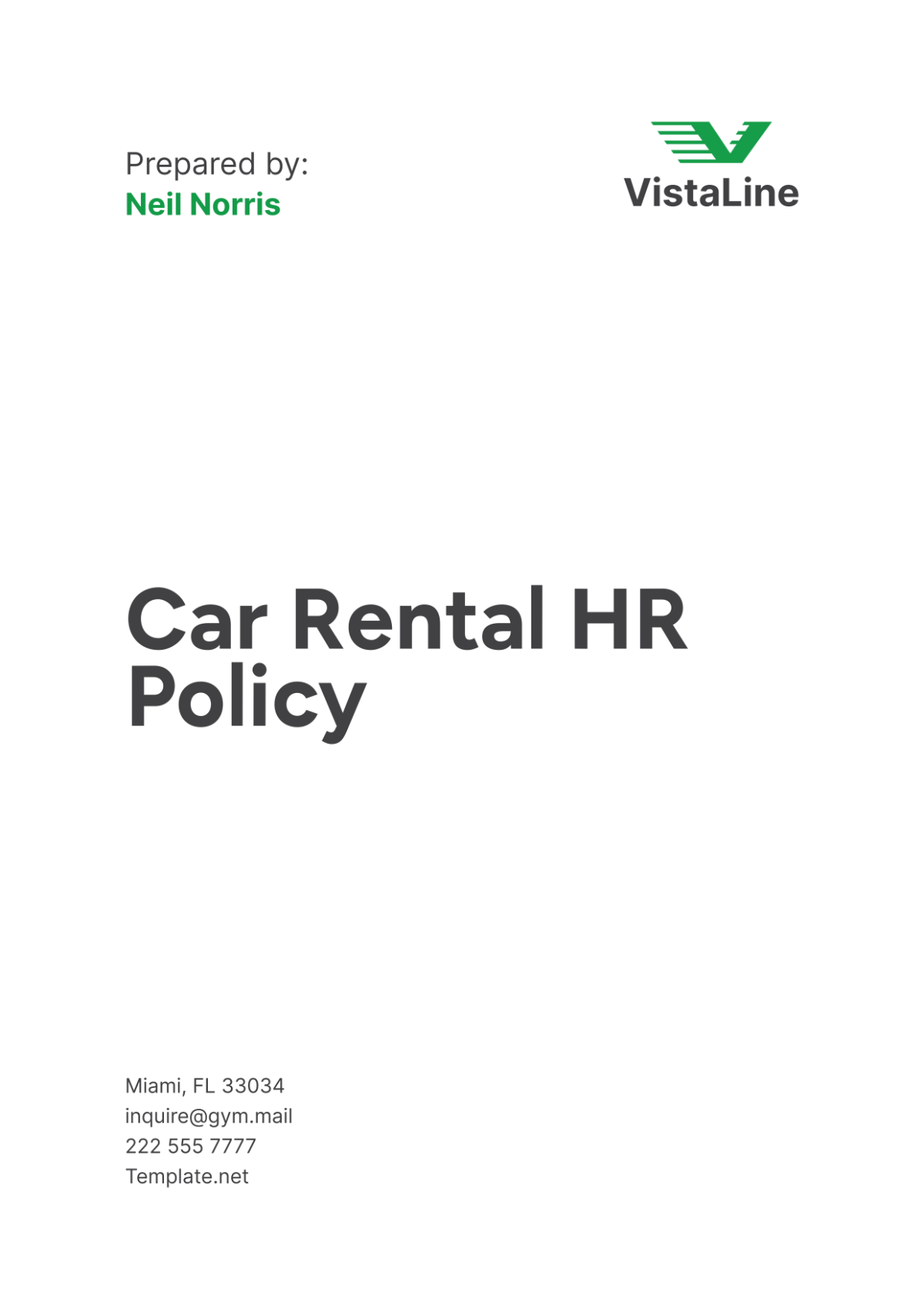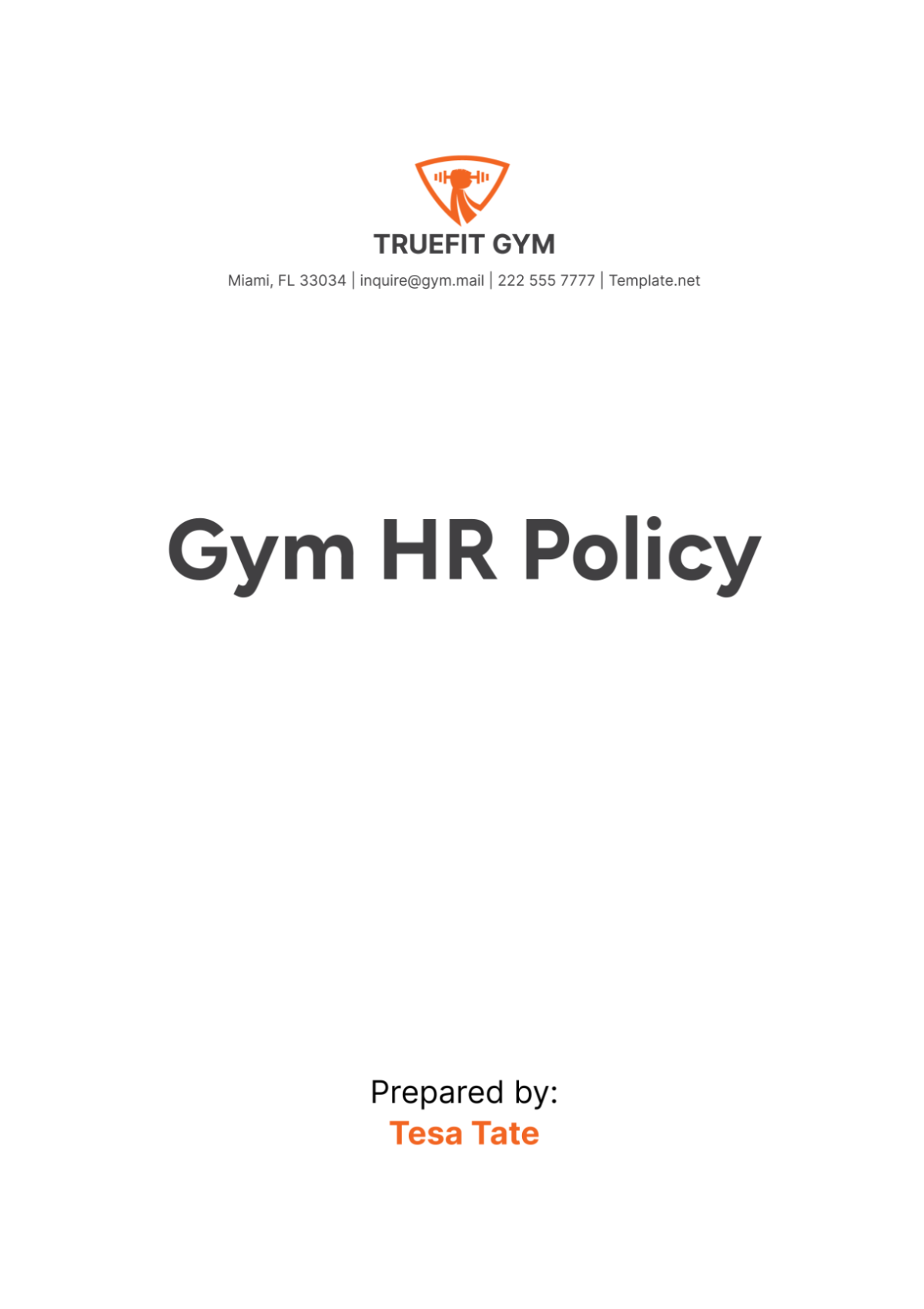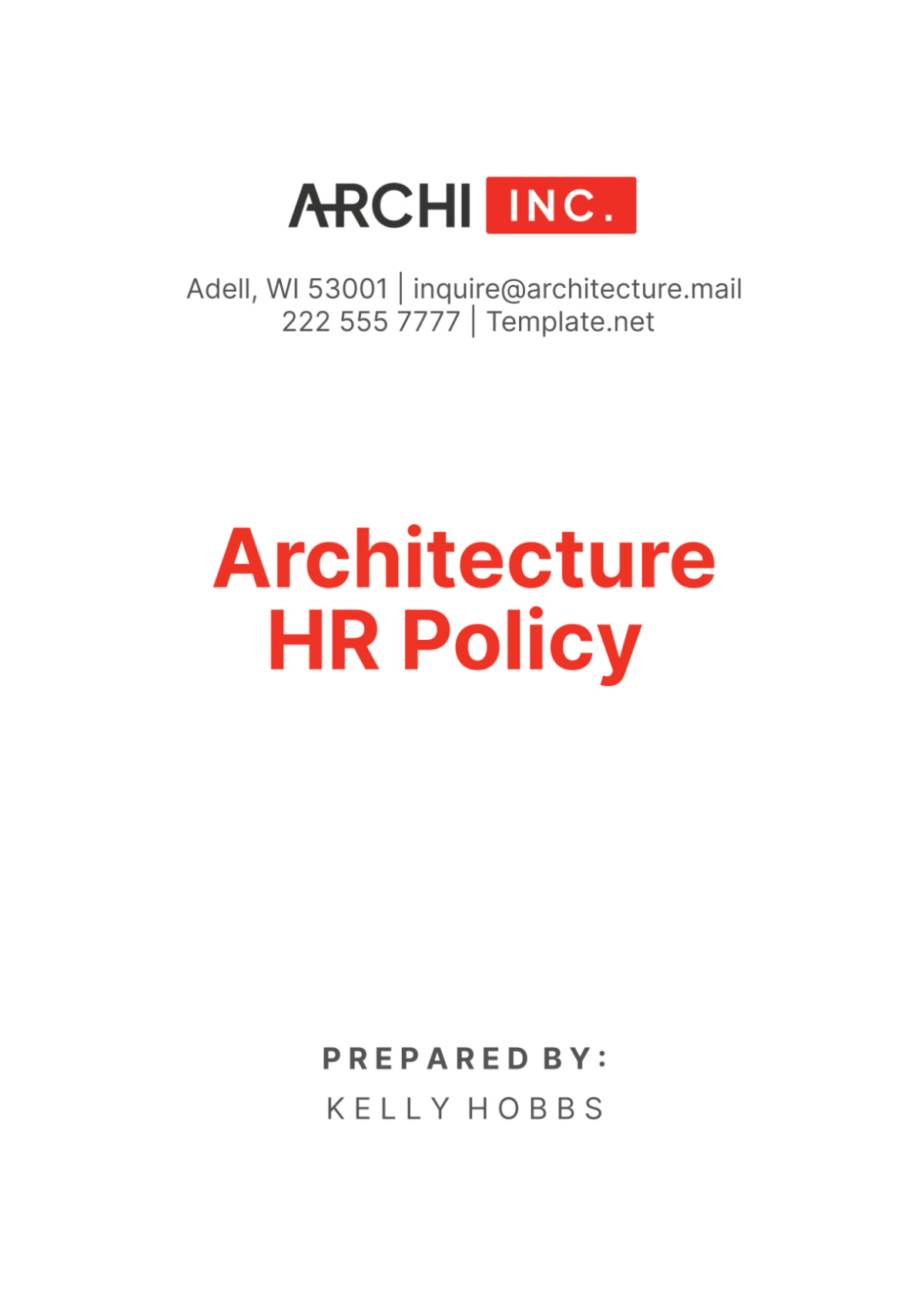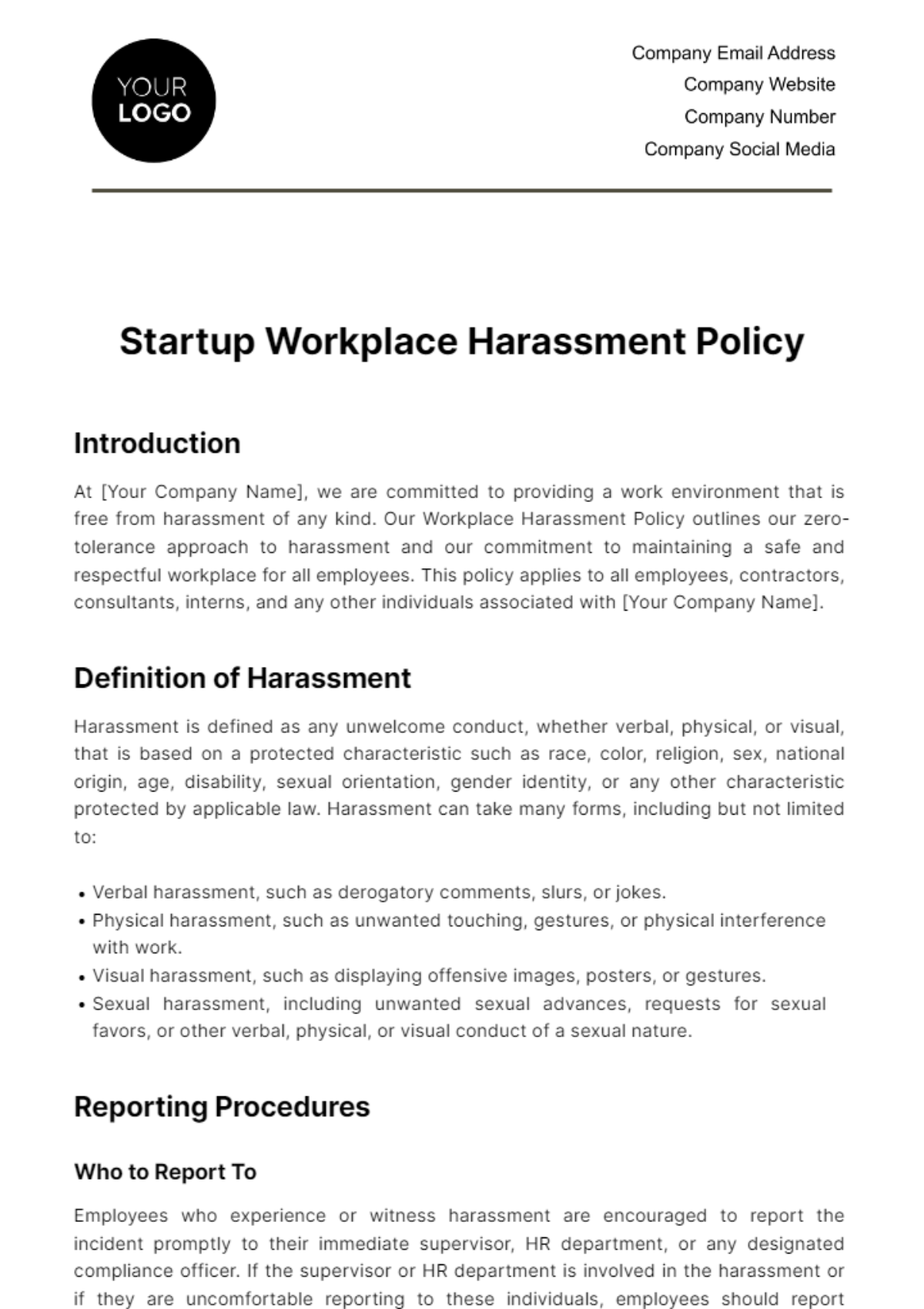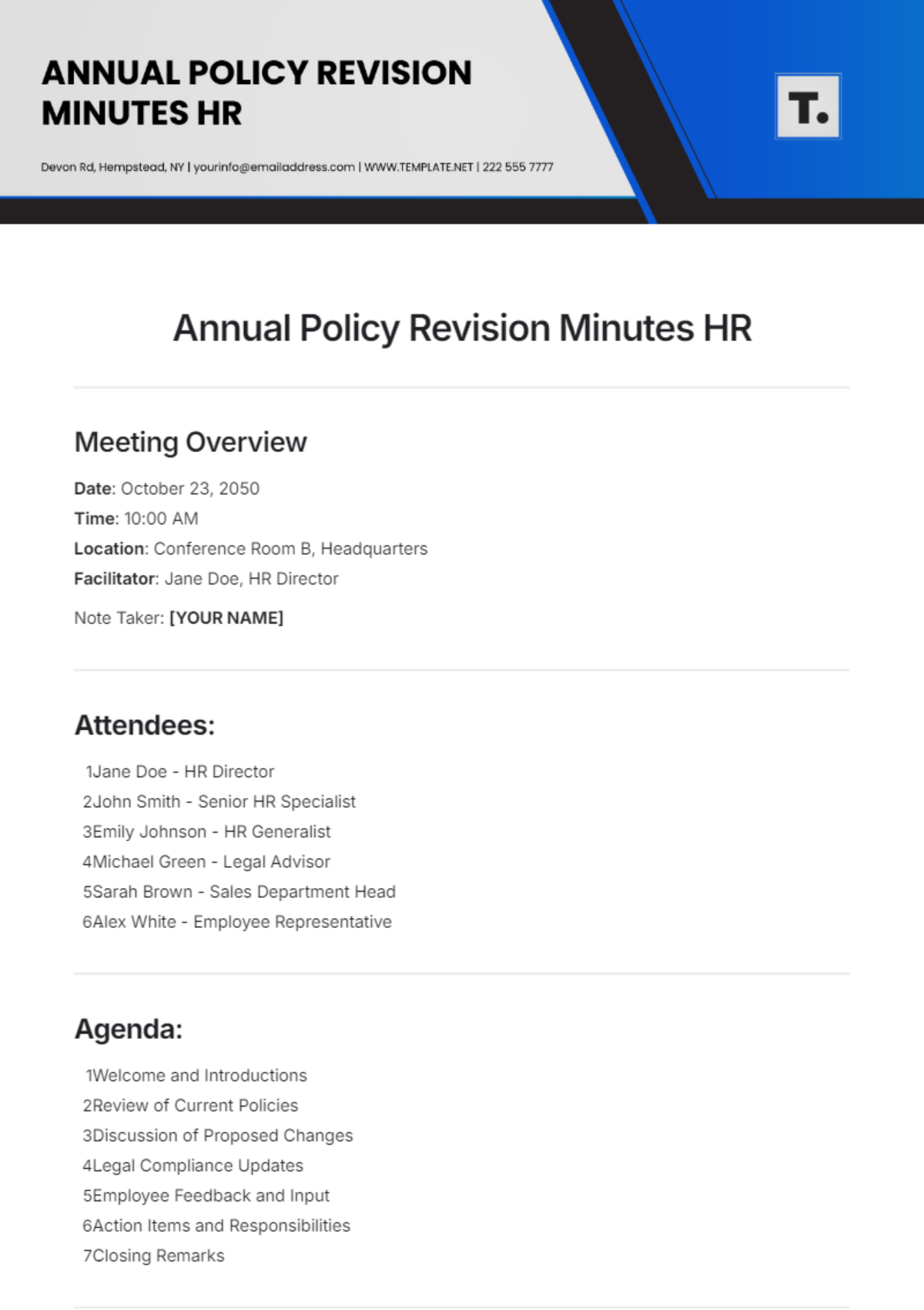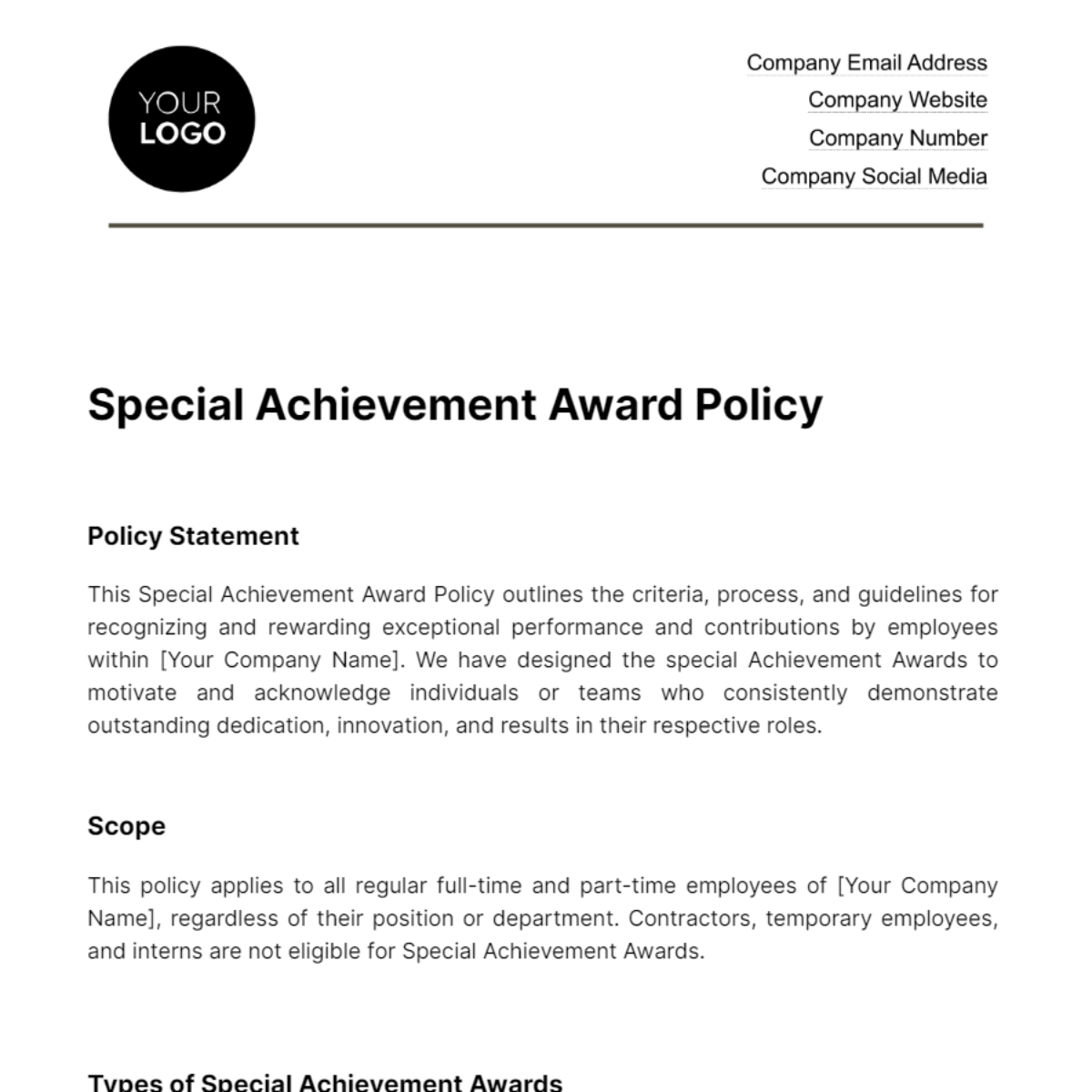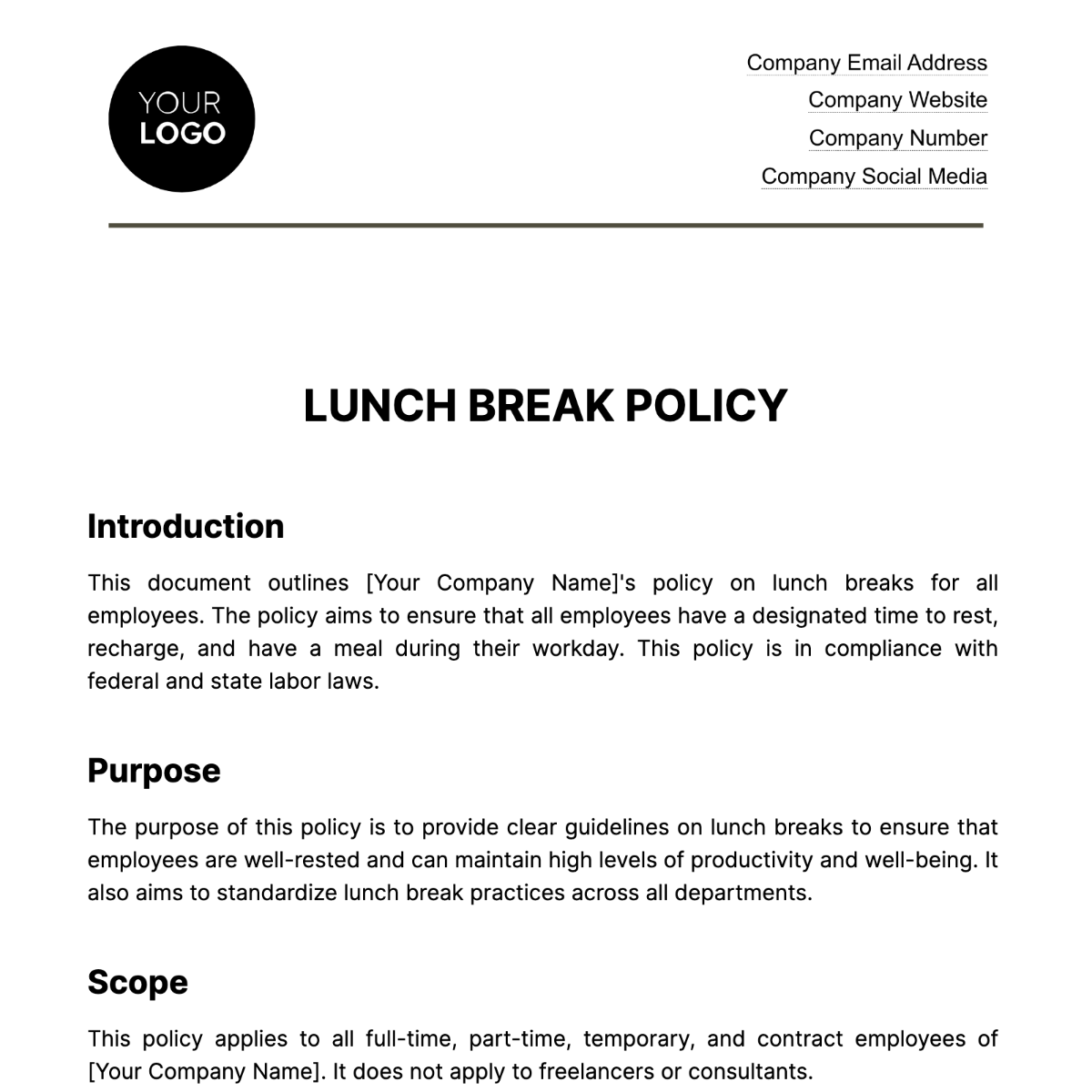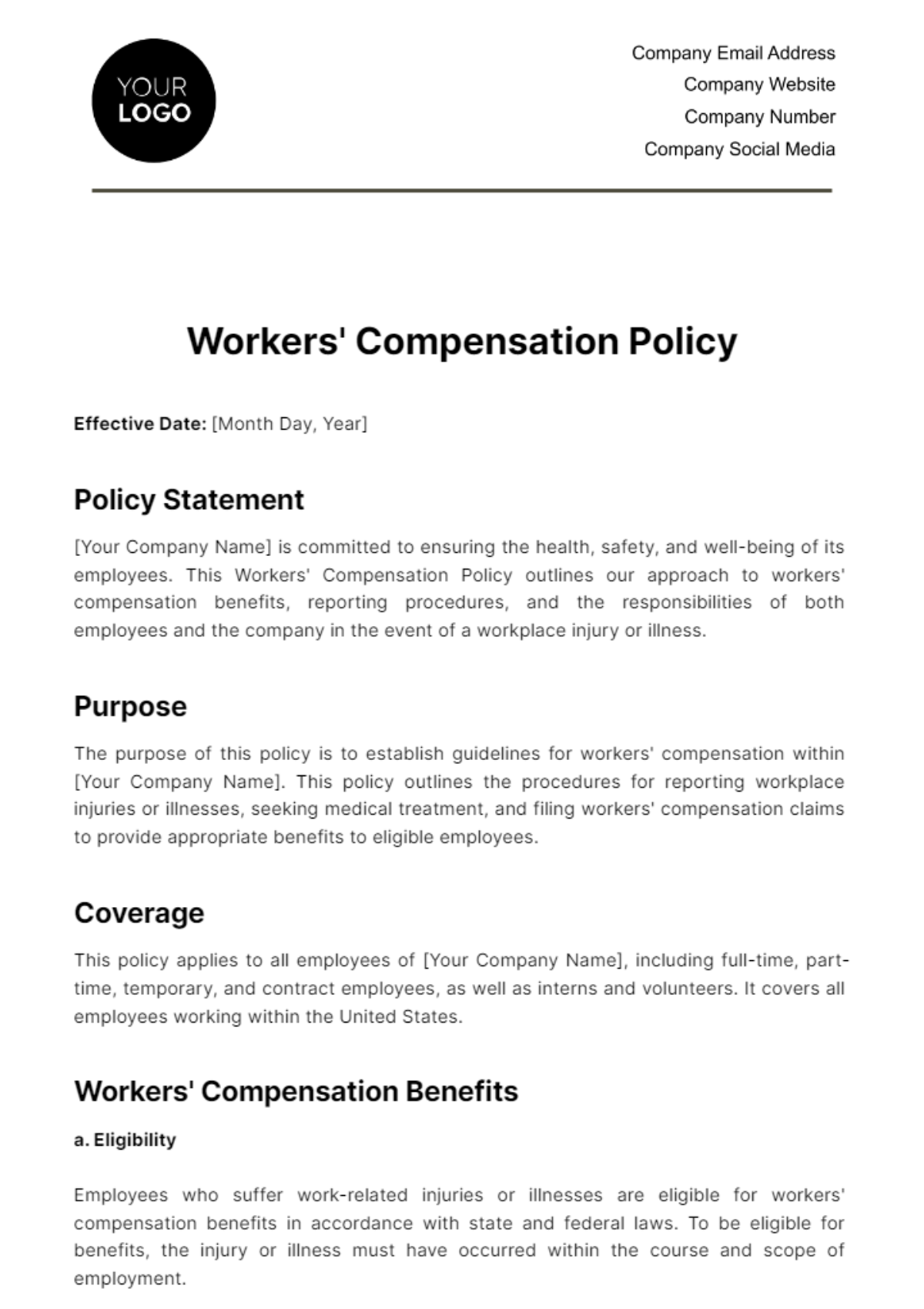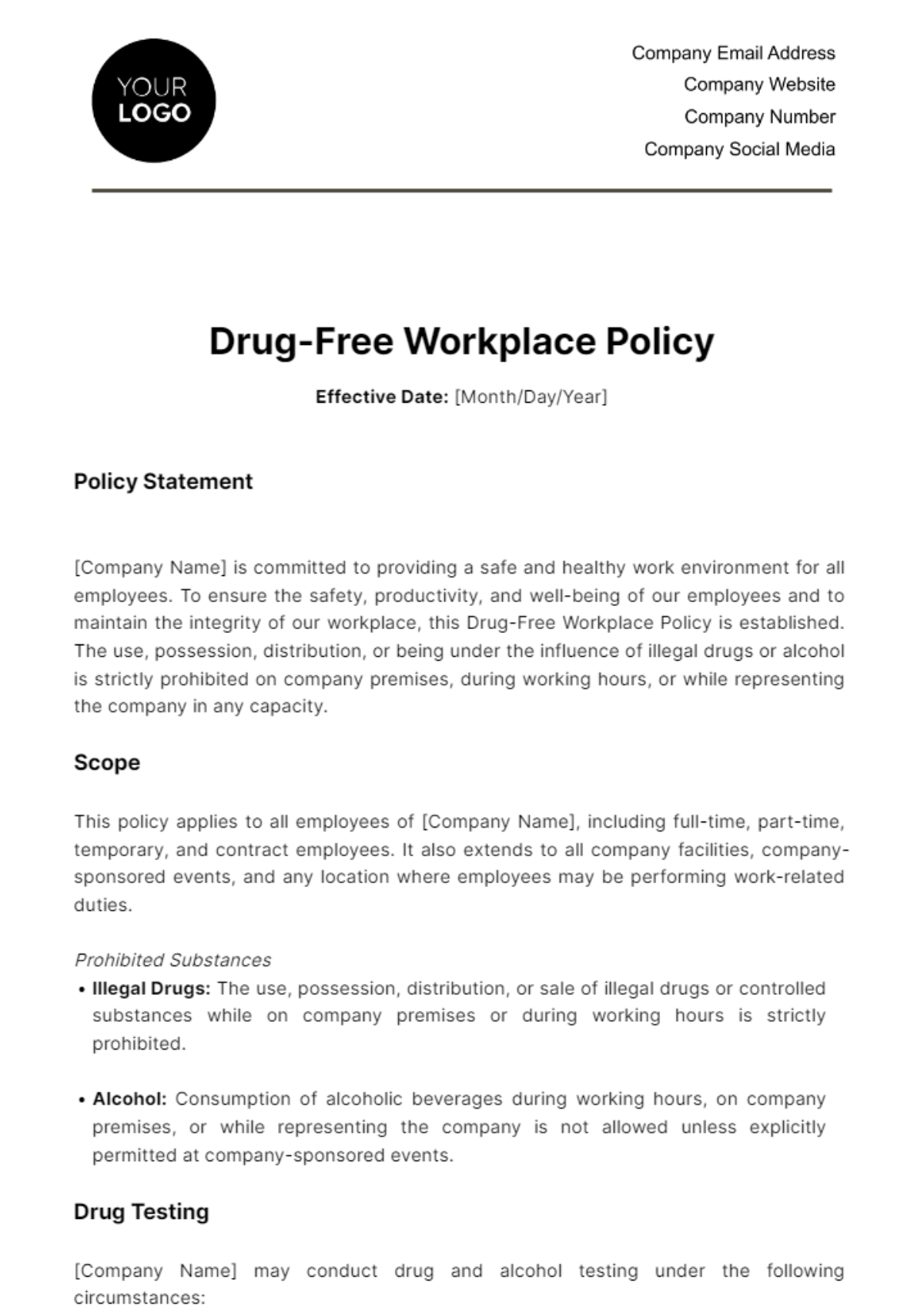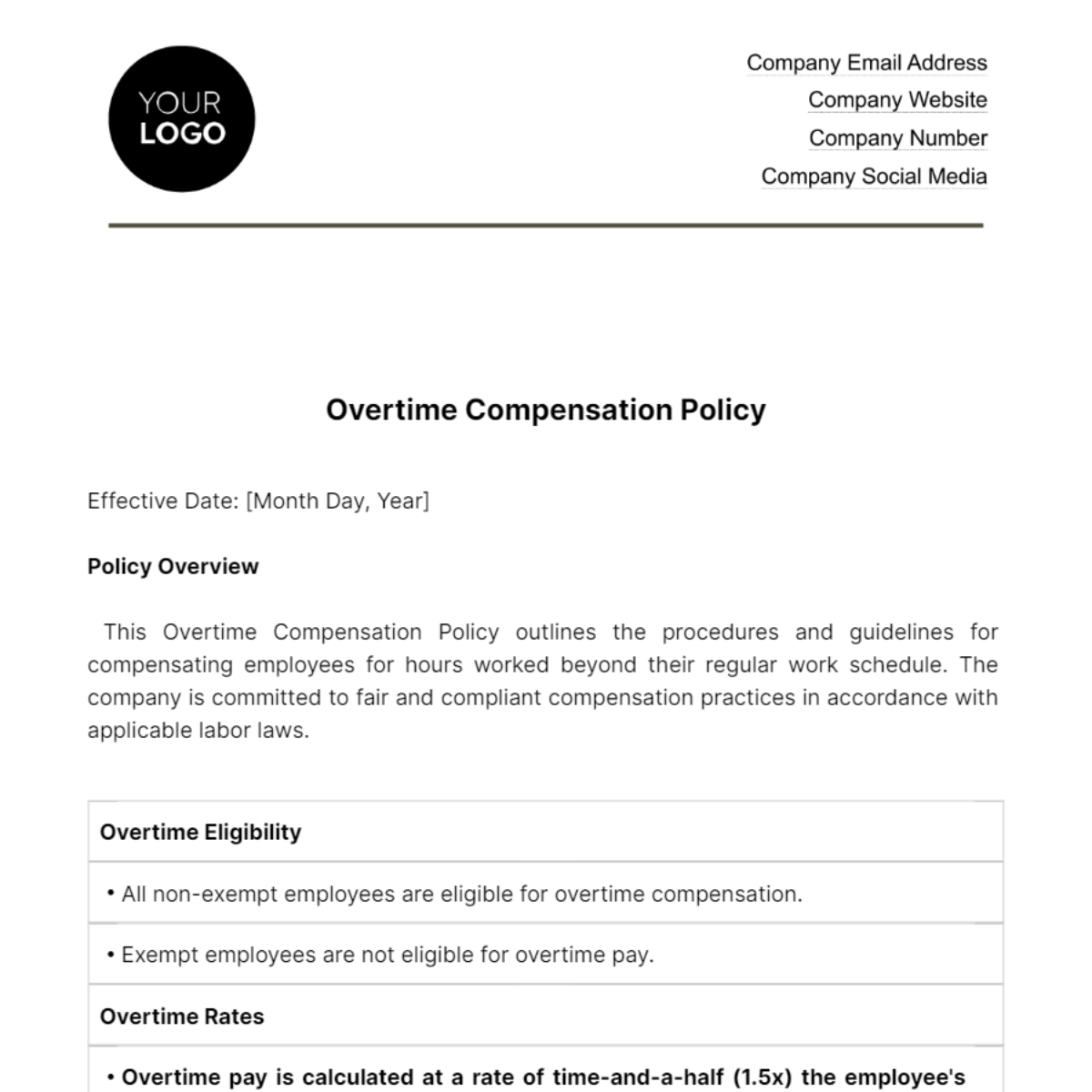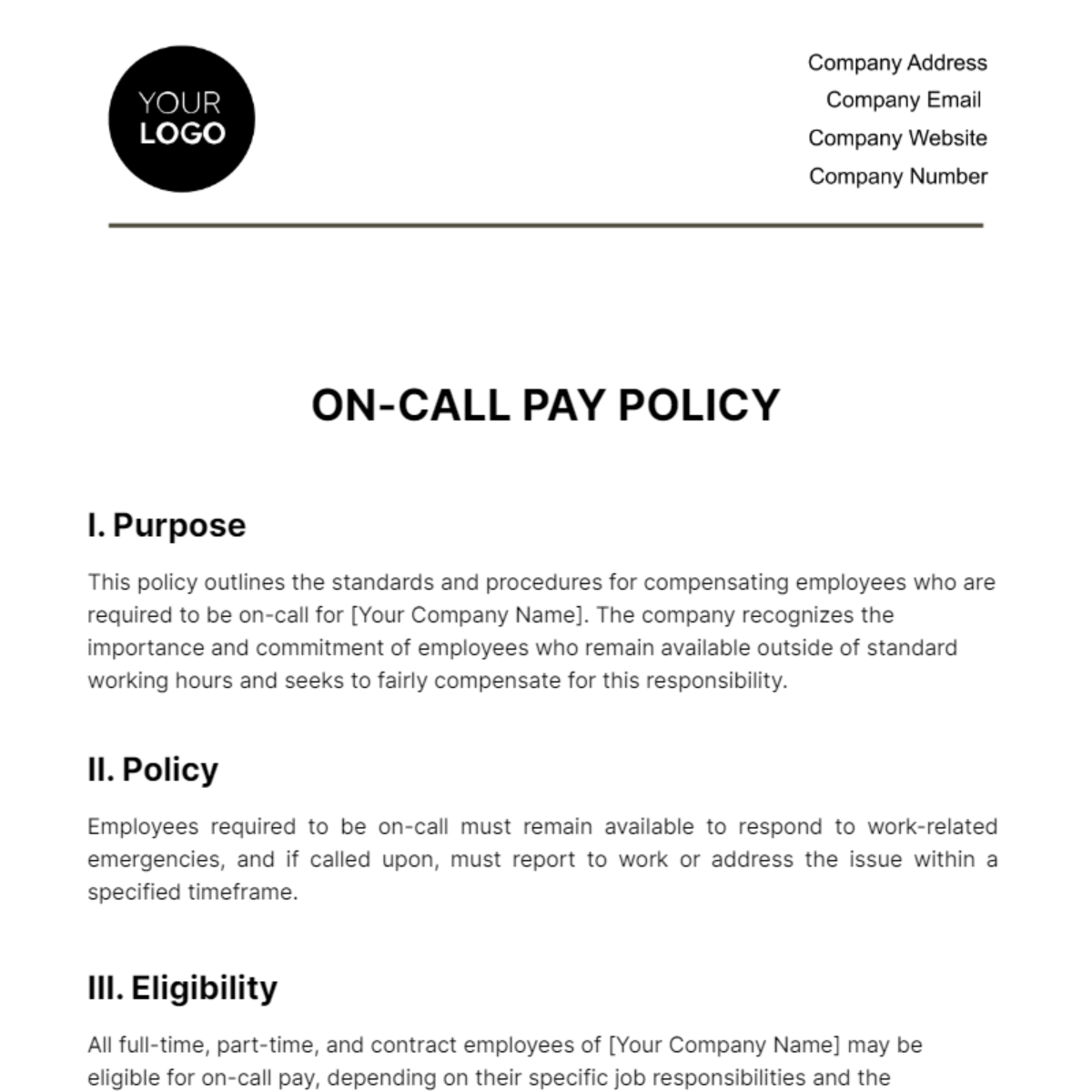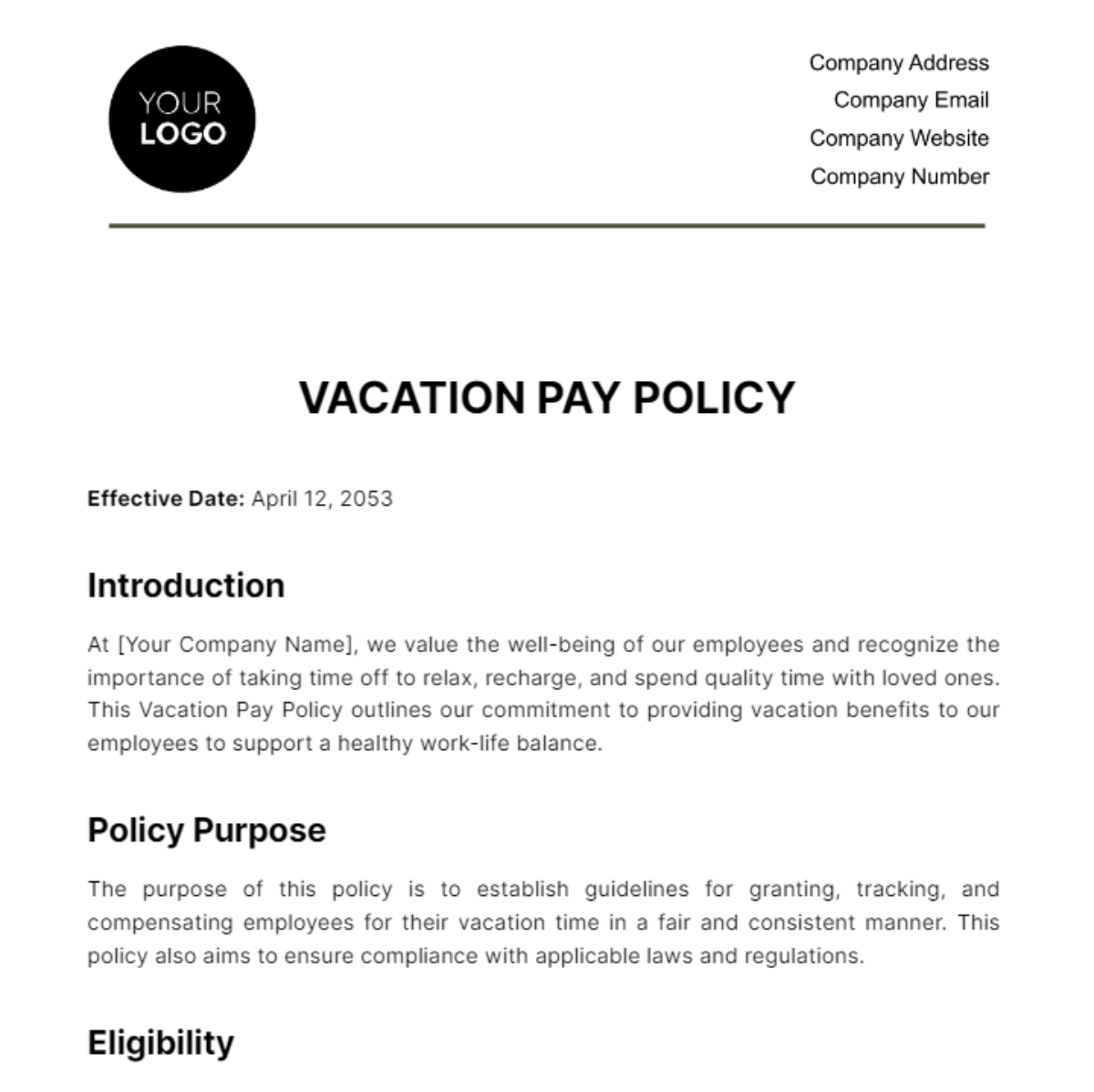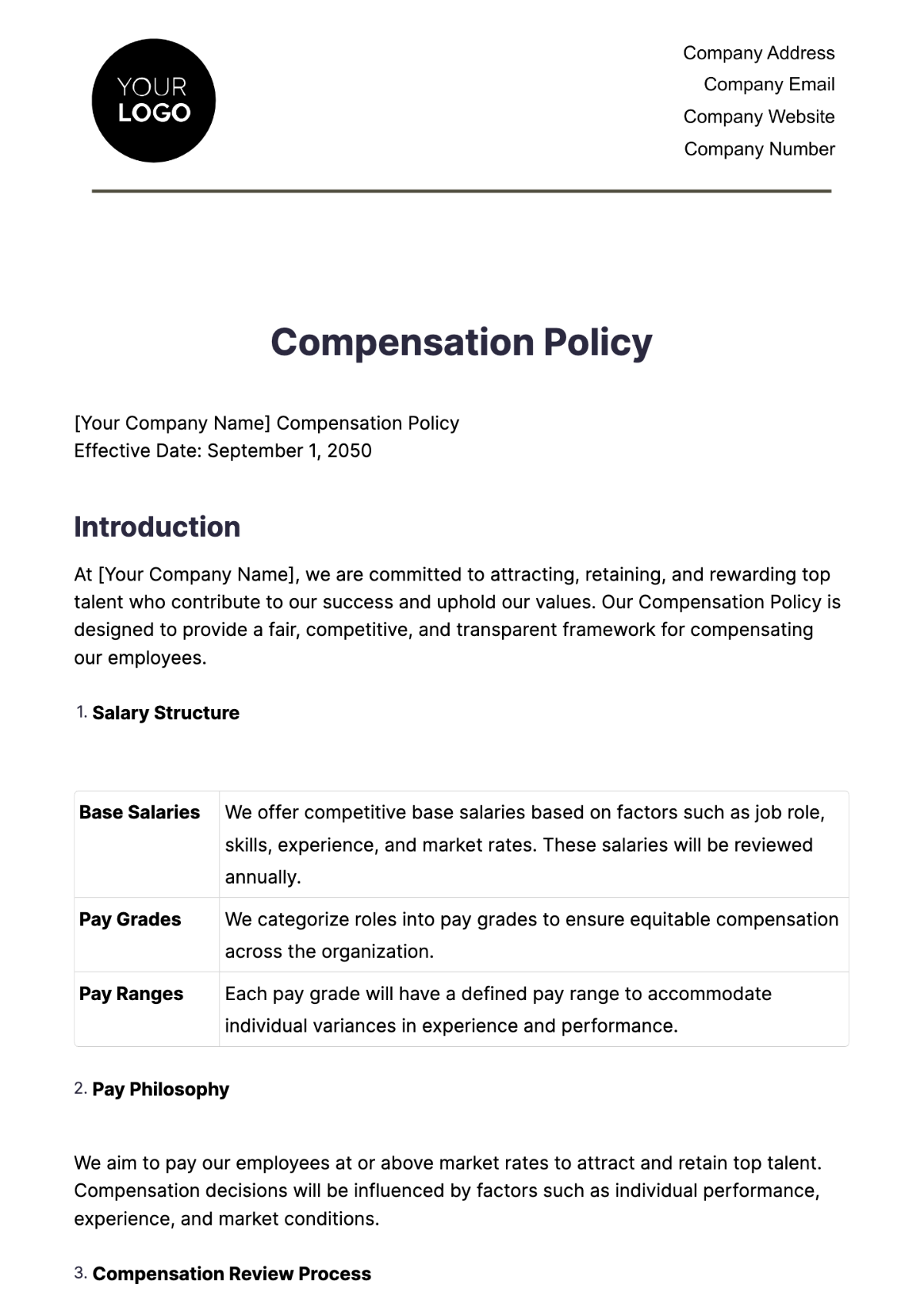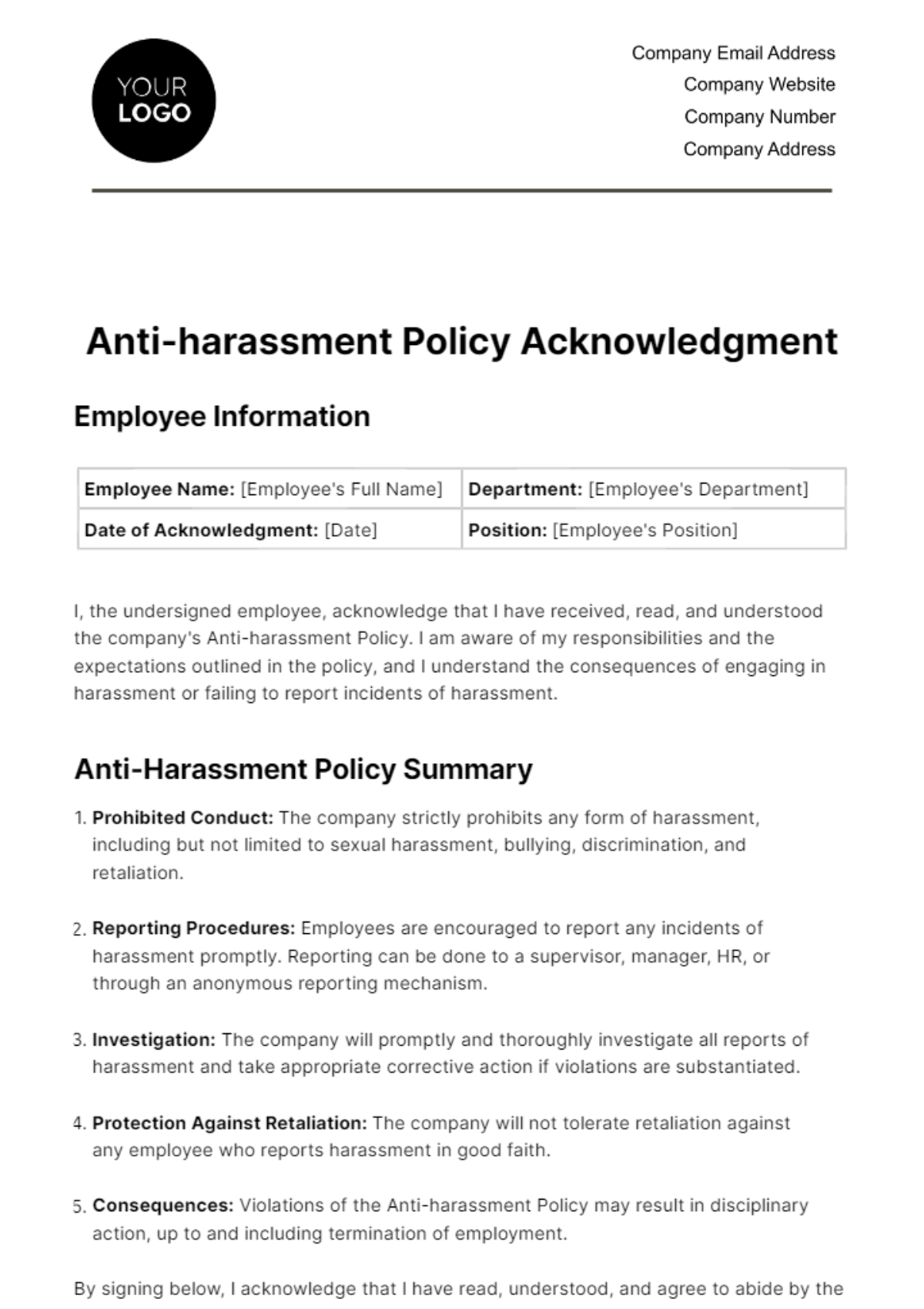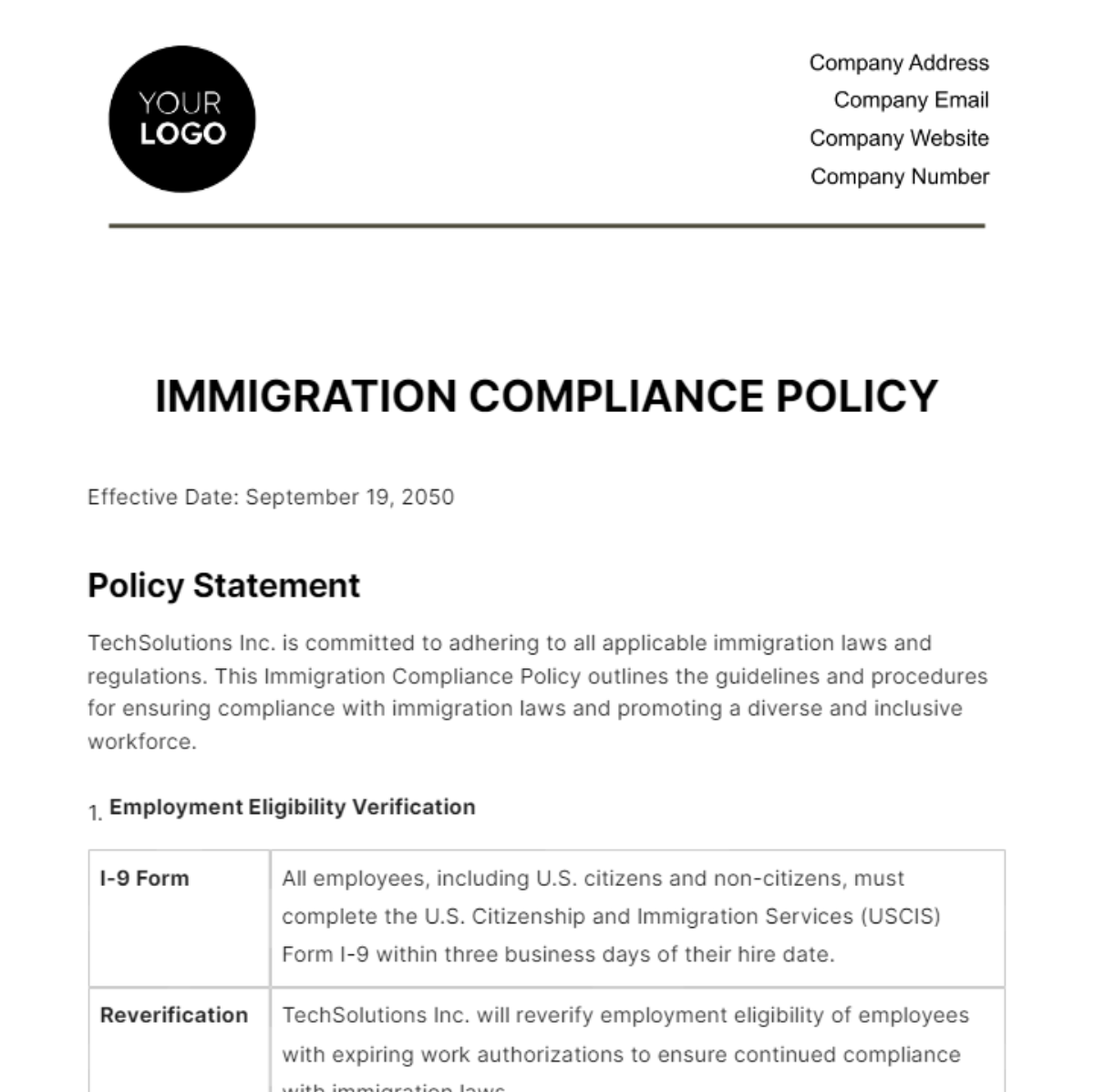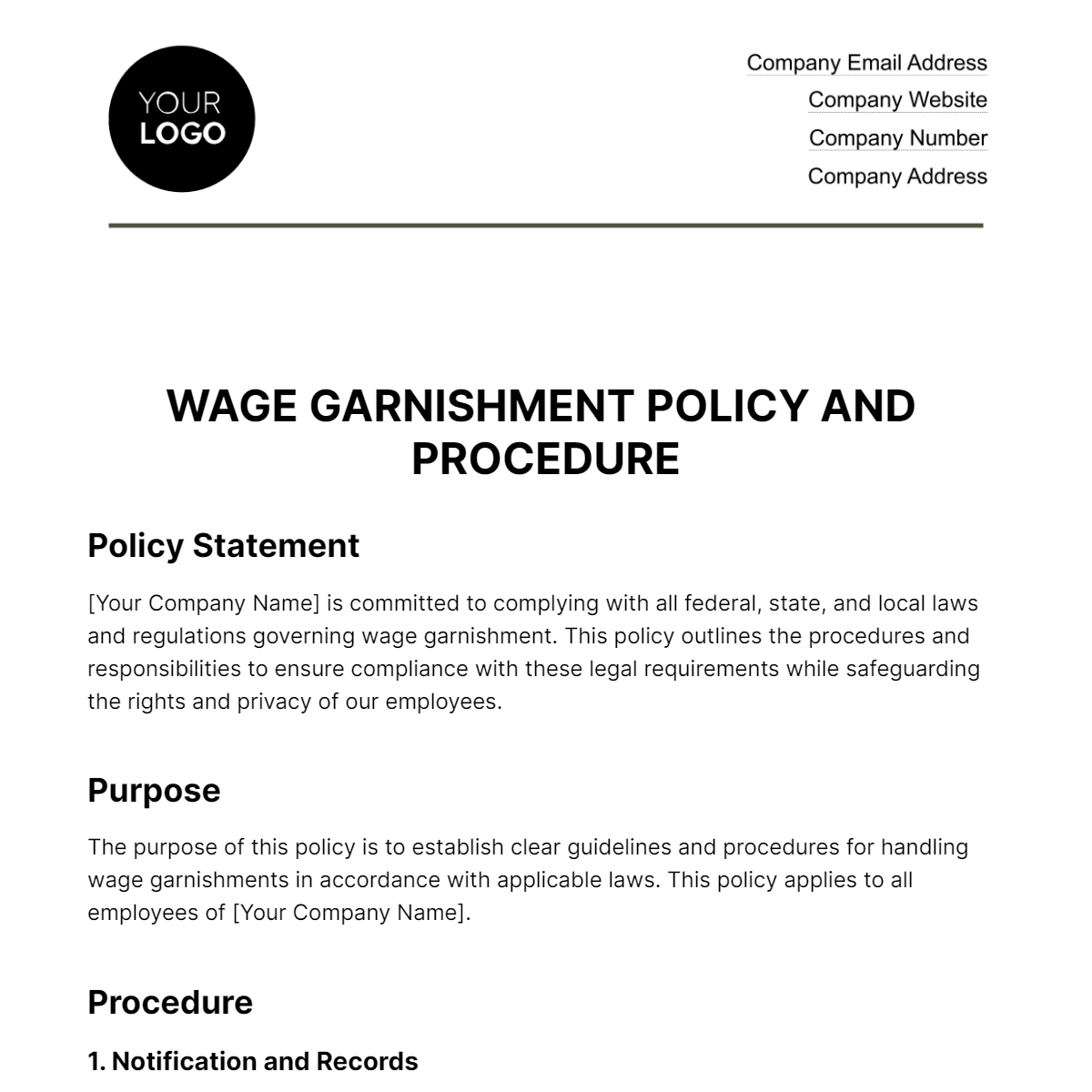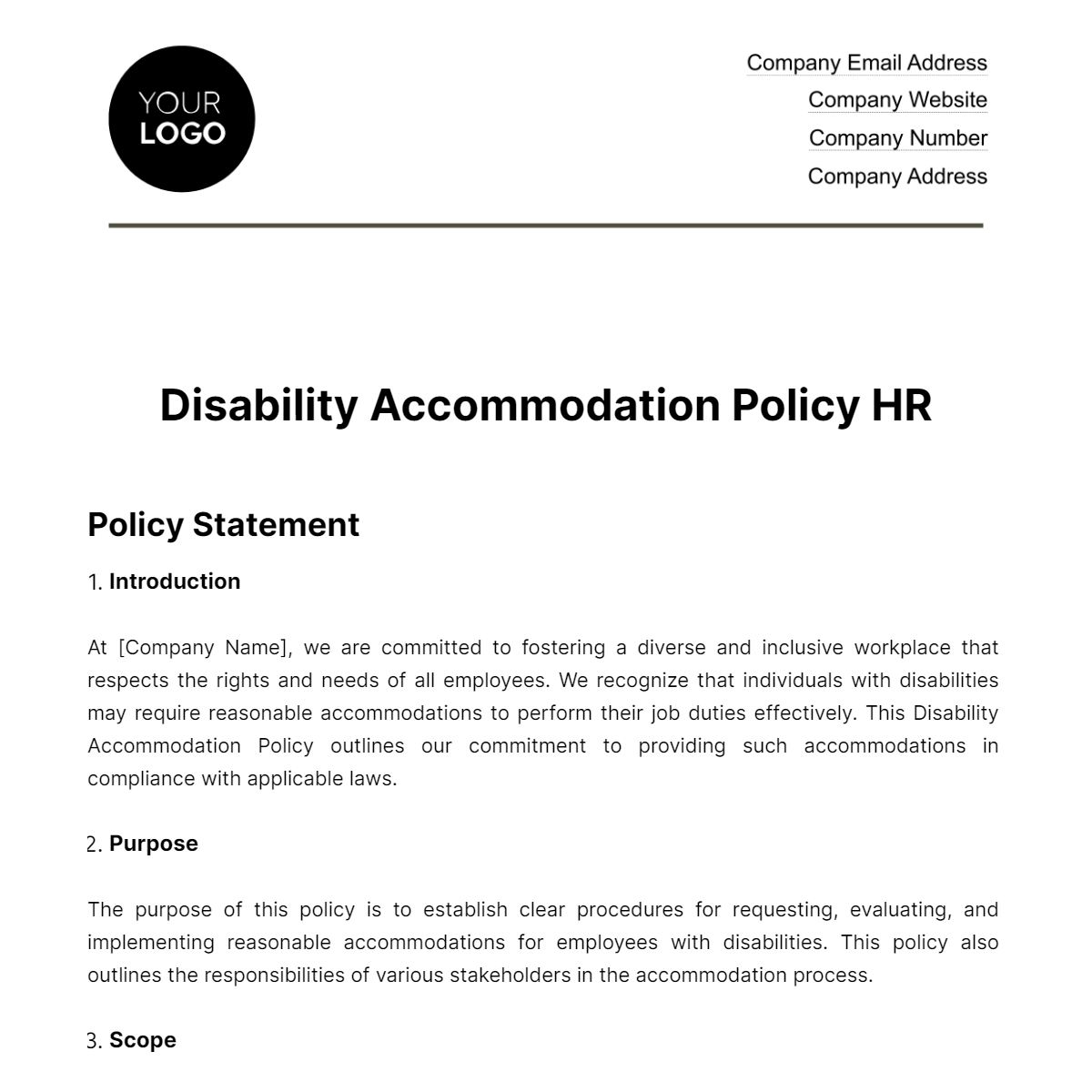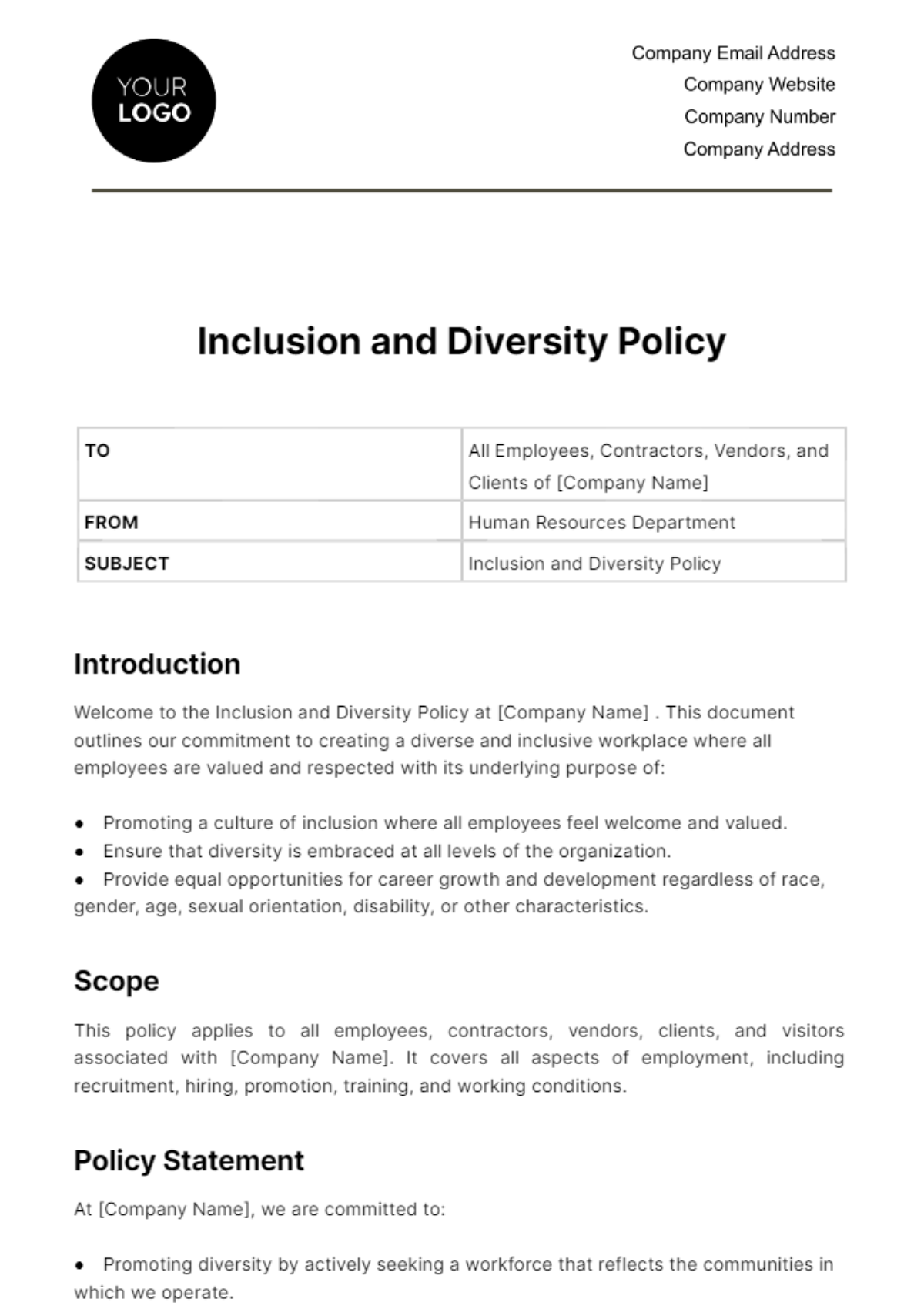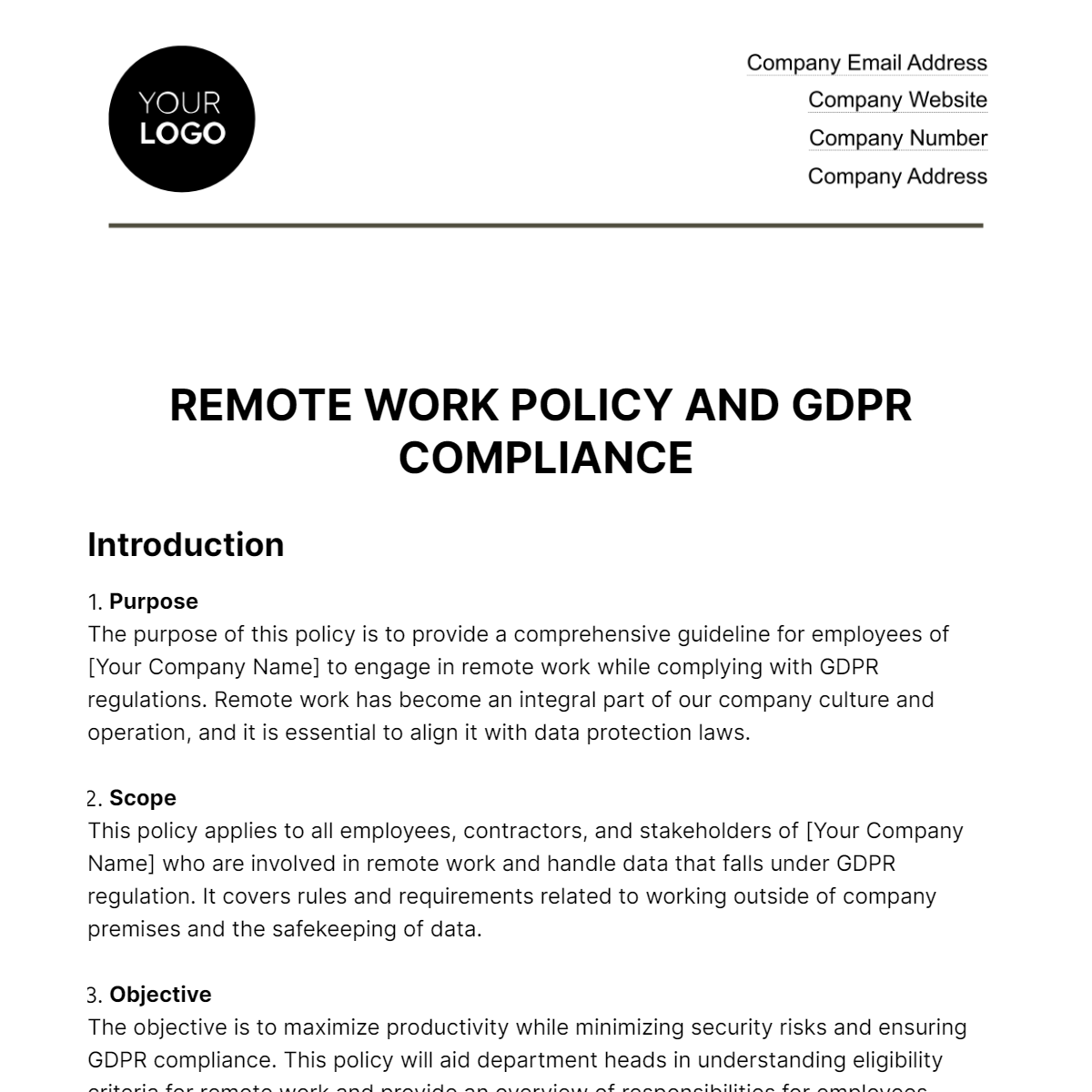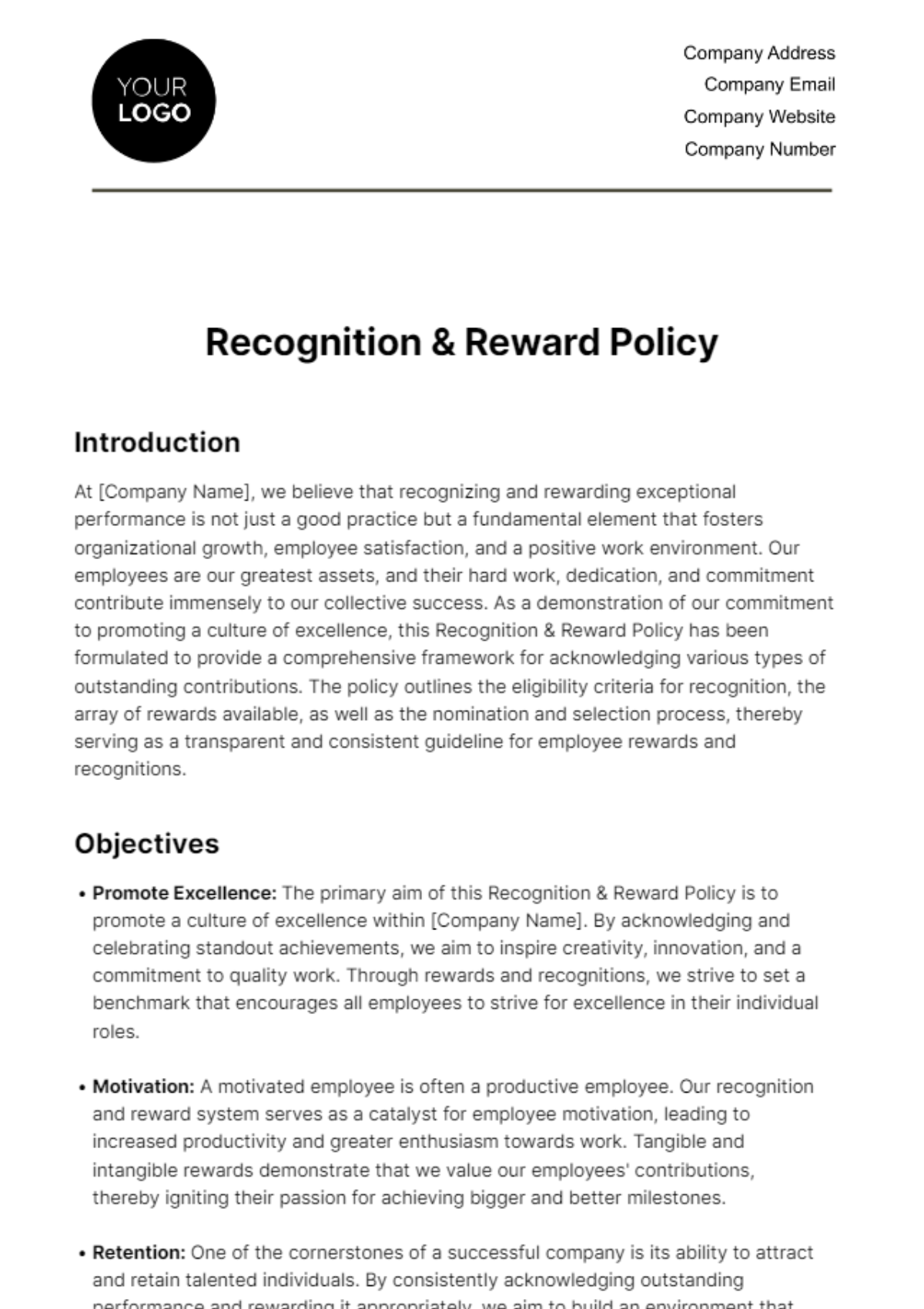Performance and Achievement-based Rewards Policy & Procedure HR
Introduction
At our organization, we recognize the importance of fostering a culture of performance excellence and recognizing the achievements of our employees. As part of our commitment to promoting a high-performance culture, we have developed this Performance and Achievement-based Rewards Policy & Procedure. This policy aims to establish clear guidelines for rewarding employees based on their performance and contributions to the organization, ensuring fairness, transparency, and alignment with our organizational goals and values.
Policy Statement
At our organization, we firmly believe that recognizing and rewarding performance and achievement are essential for motivating and retaining our talented workforce. We are committed to providing meaningful rewards and incentives to employees who consistently demonstrate excellence, exceed performance expectations, and contribute to the success of our organization.
Our performance and achievement-based rewards are designed to:
Recognize and celebrate outstanding performance, innovation, and contributions to our organization.
Motivate employees to strive for excellence and continuously improve their performance.
Reinforce behaviors and outcomes that align with our organizational goals, values, and strategic priorities.
We recognize that performance and achievement can take many forms, and our rewards program is designed to be inclusive and flexible, accommodating the diverse needs and preferences of our workforce. Whether through monetary bonuses, non-monetary rewards, or public recognition, we aim to create a rewarding and motivating work environment where every employee feels valued and appreciated for their contributions.
This policy applies to all employees of our organization, regardless of their position, level, or tenure. It is our expectation that all employees understand and adhere to the principles and procedures outlined in this policy, and that managers and supervisors are responsible for implementing and administering the policy in a fair and consistent manner.
Eligibility Criteria
Our Performance and Achievement-based Rewards Policy & Procedure sets forth clear eligibility criteria for employees to receive rewards based on their performance and contributions to the organization. Eligibility for rewards is contingent upon meeting the following criteria:
Eligibility Criteria | Description |
Performance Excellence | Employees who consistently demonstrate exceptional performance and exceed performance expectations in their roles are eligible for rewards. |
Achievement of Goals | Employees who successfully achieve their individual, team, or organizational goals within the specified time frame are eligible for rewards. |
Innovation and Creativity | Employees who contribute innovative ideas, solutions, or projects that positively impact our business are eligible for rewards. |
Leadership and Mentorship | Employees who exhibit leadership qualities, mentorship skills, and a commitment to supporting the growth and development of their colleagues are eligible for rewards. |
Types of Rewards
Our organization offers various types of rewards to recognize and celebrate performance and achievement by our employees. These rewards are designed to provide meaningful incentives and appreciation for their contributions. The following table outlines the types of performance and achievement-based rewards available:
Types of Rewards | Description |
Monetary Bonuses | Cash bonuses awarded to employees for exceptional performance, achievement of goals, or contributions to the organization's success. |
Non-monetary Rewards | Non-cash rewards such as gift cards, merchandise, or experiences provided to employees as a token of appreciation for their contributions. |
Recognition Awards | Public recognition and appreciation of employees' achievements through ceremonies, awards, or certificates. |
Performance Evaluation Process
Our Performance and Achievement-based Rewards Policy & Procedure incorporates a structured performance evaluation process to assess employees' performance and determine their eligibility for rewards. The performance evaluation process follows these steps:
Goal Setting: At the beginning of each performance cycle, employees and their managers collaborate to establish clear and measurable performance goals aligned with organizational objectives.
Ongoing Feedback: Throughout the performance cycle, managers provide regular feedback and coaching to employees to support their development and track their progress towards goals.
Performance Review: At the end of the performance cycle or designated review periods, managers conduct formal performance reviews with employees to assess their performance against established goals and expectations.
Performance Rating: Employees are evaluated based on predefined performance criteria and are assigned a performance rating that reflects their overall performance during the review period.
Rewards Determination: Employees who meet or exceed performance expectations and demonstrate significant contributions to the organization are eligible for rewards based on their performance ratings.
Communication of Rewards: Managers communicate reward decisions to eligible employees, providing transparency and clarity regarding the recognition and incentives they will receive.
Appeals Process: Employees have the opportunity to appeal reward decisions if they believe they have been unfairly evaluated or denied rewards. The appeals process ensures that employees have recourse in cases of dispute or disagreement.
Performance Metrics
Our performance evaluation process utilizes a range of performance metrics to assess employees' contributions and achievements. These metrics are aligned with our organizational goals and values, providing a comprehensive assessment of performance across key areas. The following table outlines the performance metrics used in our evaluation process:
Performance Metric | Description |
Quality of Work | Evaluation of the accuracy, effectiveness, and thoroughness of work produced by the employee. |
Timeliness and Efficiency | Assessment of the employee's ability to complete tasks and meet deadlines in a timely and efficient manner. |
Innovation and Creativity | Recognition of the employee's ability to generate new ideas, solutions, or approaches that add value to the organization. |
Team Collaboration | Evaluation of the employee's ability to collaborate effectively with colleagues and contribute to team success. |
Rewards Allocation Process
Our rewards allocation process ensures fairness, transparency, and consistency in the distribution of rewards based on performance and achievement. The process follows these key steps:
Performance Evaluation: Managers assess employees' performance using predefined performance criteria and metrics outlined in our Performance and Achievement-based Rewards Policy & Procedure.
Performance Rating: Employees receive a performance rating based on their overall performance during the evaluation period. Ratings are determined based on objective assessment of performance against established goals and expectations.
Reward Determination: Employees who meet or exceed performance expectations and demonstrate significant contributions to the organization are eligible for rewards. The specific rewards allocated may vary based on performance ratings and available budget.
Approval Process: Managers review and approve reward recommendations based on employees' performance ratings and eligibility criteria. Approval may involve consultation with HR and other relevant stakeholders to ensure consistency and fairness in reward allocation.
Communication of Rewards: Managers communicate reward decisions to eligible employees in a timely and transparent manner, providing clear explanations of the recognition and incentives they will receive based on their performance.
Distribution of Rewards: Rewards are distributed to eligible employees through established channels, such as payroll for monetary bonuses or in-person presentations for non-monetary rewards and recognition awards.
Documentation and Record-keeping: HR maintains accurate records of reward allocations, including performance ratings, reward amounts, and employee eligibility, to ensure accountability and compliance with organizational policies.
Roles and Responsibilities
Effective implementation of our Performance and Achievement-based Rewards Policy & Procedure relies on clear delineation of roles and responsibilities among key stakeholders. The following table outlines the roles and responsibilities of various parties involved in the rewards allocation process:
Role | Responsibilities |
Managers/ Supervisors |
|
Human Resources (HR) |
|
Senior Leadership/ Executive Team |
|
Appeals Process
Our organization recognizes the importance of providing employees with a fair and transparent appeals process in the event they disagree with reward decisions or feel they have been unfairly evaluated. The appeals process allows employees to seek a review of reward decisions and ensures that their concerns are addressed promptly and impartially. The appeals process follows these steps:
Submission of Appeal: Employees who wish to appeal a reward decision must submit a formal appeal in writing to their immediate supervisor or HR within a specified timeframe, typically within [insert timeframe].
Review by Management: Upon receipt of the appeal, management conducts a thorough review of the employee's performance evaluation, reward recommendation, and any supporting documentation.
Discussion with Employee: Management meets with the employee to discuss the grounds for their appeal and gather additional information or clarification as needed.
Appeals Committee Review: If the appeal cannot be resolved at the management level, it is escalated to an appeals committee composed of senior leadership and HR representatives. The appeals committee conducts a comprehensive review of the appeal and makes a final determination.
Notification of Decision: Once a decision has been reached, the employee is notified of the outcome of their appeal in writing. The decision of the appeals committee is final and binding.
Documentation: HR maintains accurate records of all appeals, including the grounds for the appeal, the review process, and the final decision, to ensure transparency and accountability.
Confidentiality and Data Protection
We are committed to safeguarding the confidentiality and privacy of employee performance data and reward information. All performance evaluations, reward recommendations, and related documentation are treated with the utmost confidentiality and are accessible only to authorized personnel involved in the rewards allocation process.
Employee performance data is stored securely in accordance with data protection laws and regulations, and access to this information is restricted to individuals with a legitimate need to know for the purposes of performance evaluation and reward allocation. We have implemented appropriate technical and organizational measures to prevent unauthorized access, disclosure, or misuse of employee data.
Furthermore, we respect employees' right to privacy and ensure that their personal information is handled with care and sensitivity. Any disclosure of employee performance data or reward information is done in accordance with applicable privacy laws and organizational policies, with the explicit consent of the employee where required.
Policy Implementation
Effective implementation of our Performance and Achievement-based Rewards Policy & Procedure is essential for ensuring that rewards are allocated fairly and consistently based on performance and achievement. The implementation process involves several steps, each with designated responsibilities and timelines. The following table outlines the steps for policy implementation:
Step | Month | Responsibility |
Training and Communication | HR Department: Develops training materials and conducts training sessions for managers and employees on the policy. | |
Managers: Attend training sessions and communicate policy details to their respective teams. | ||
Policy Rollout | HR Department: Distributes the policy document to all employees and ensures that it is accessible and understood. | |
Performance Evaluation | Managers: Conduct performance evaluations for employees and provide feedback on performance. | |
Rewards Allocation | Managers: Recommend rewards based on performance evaluations and submit them for approval. | |
Communication of Rewards | Managers: Communicate reward decisions to eligible employees and explain the rationale behind the decisions. |
Monitoring and Review
Regular monitoring and review of our Performance and Achievement-based Rewards Policy & Procedure are essential for assessing its effectiveness and identifying areas for improvement. The monitoring and review process involves ongoing evaluation of reward allocations, feedback from employees and managers, and analysis of performance outcomes.
HR conducts periodic reviews of reward allocations to ensure consistency and fairness in the distribution of rewards. This includes analyzing reward data to identify any patterns or discrepancies and addressing any issues or concerns that may arise.
Additionally, HR solicits feedback from employees and managers on their experiences with the rewards policy, including any challenges or suggestions for improvement. This feedback helps to inform future revisions and updates to the policy to better meet the needs of our workforce.
Overall, monitoring and review play a critical role in maintaining the integrity and effectiveness of our rewards program, ensuring that it continues to support our organizational goals and values while fostering a culture of recognition and appreciation within our organization.
